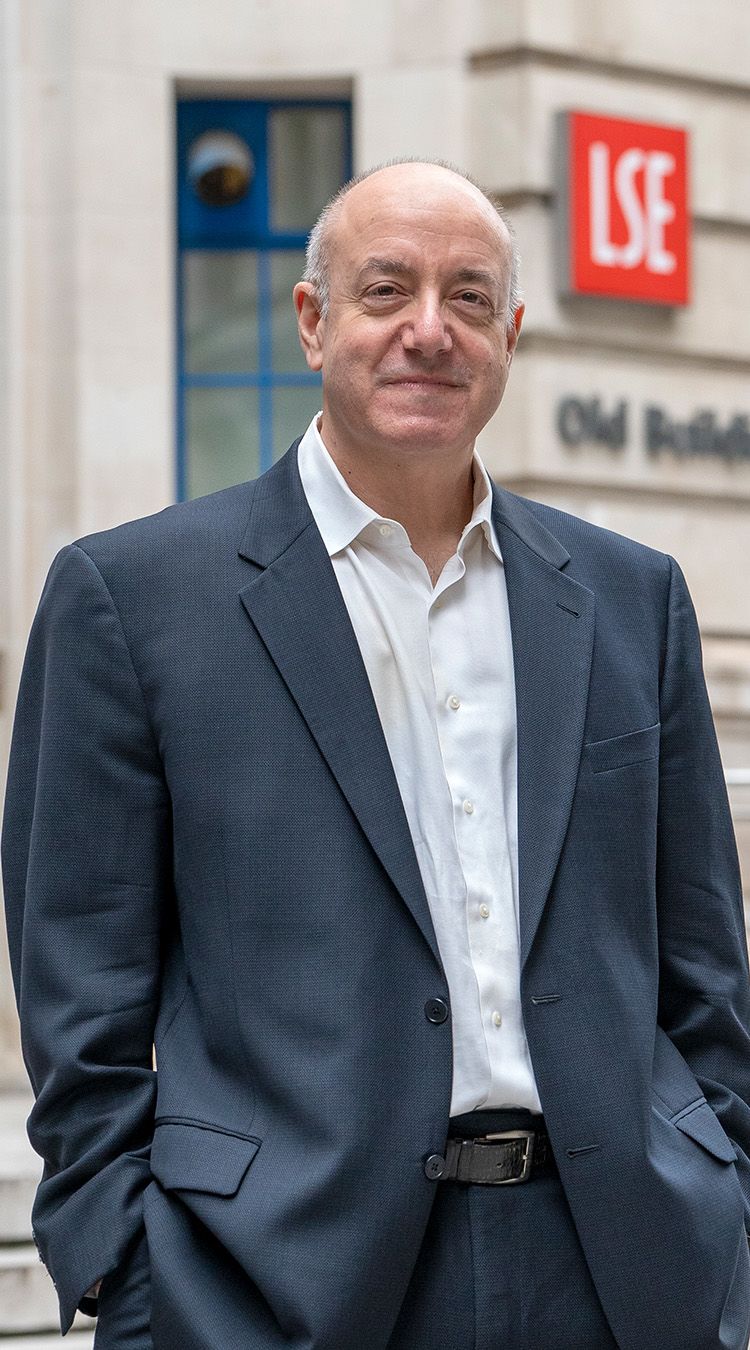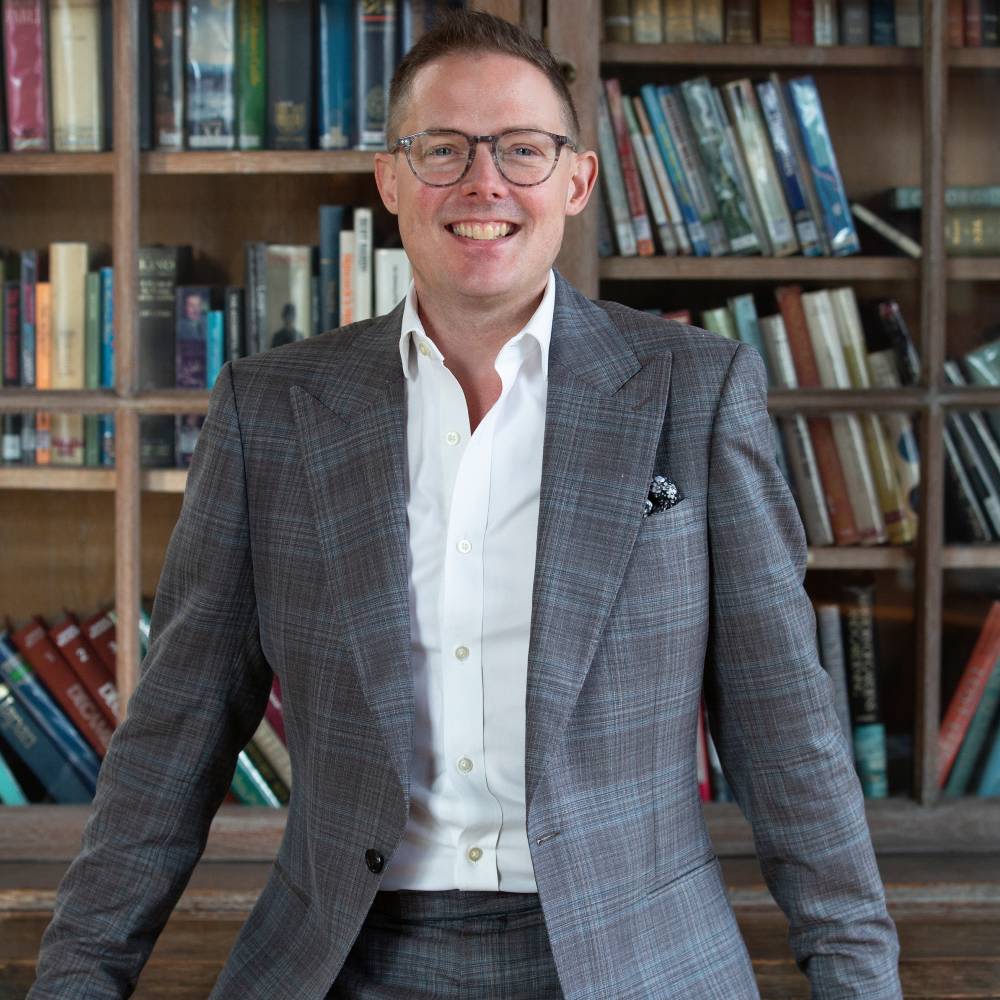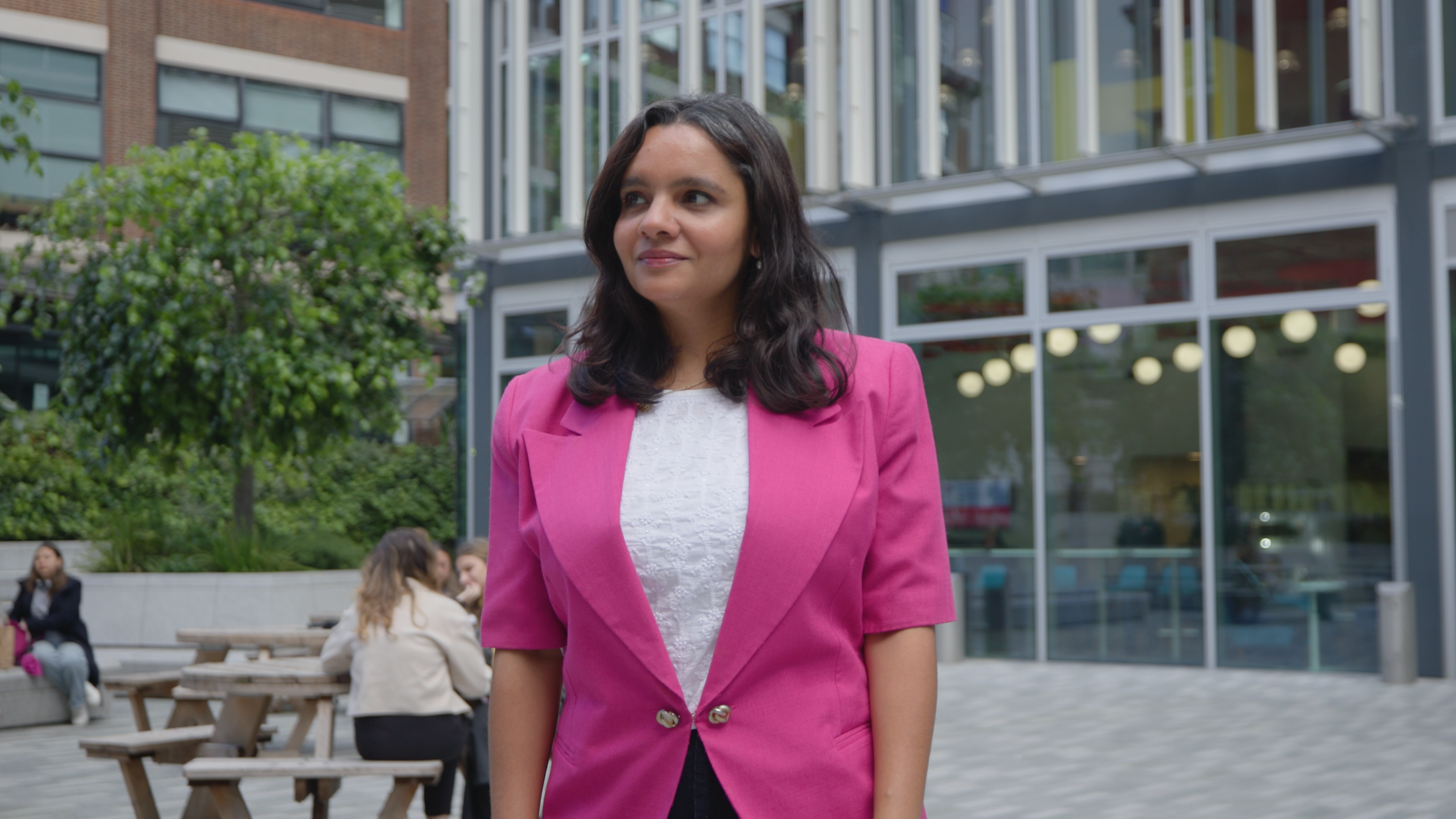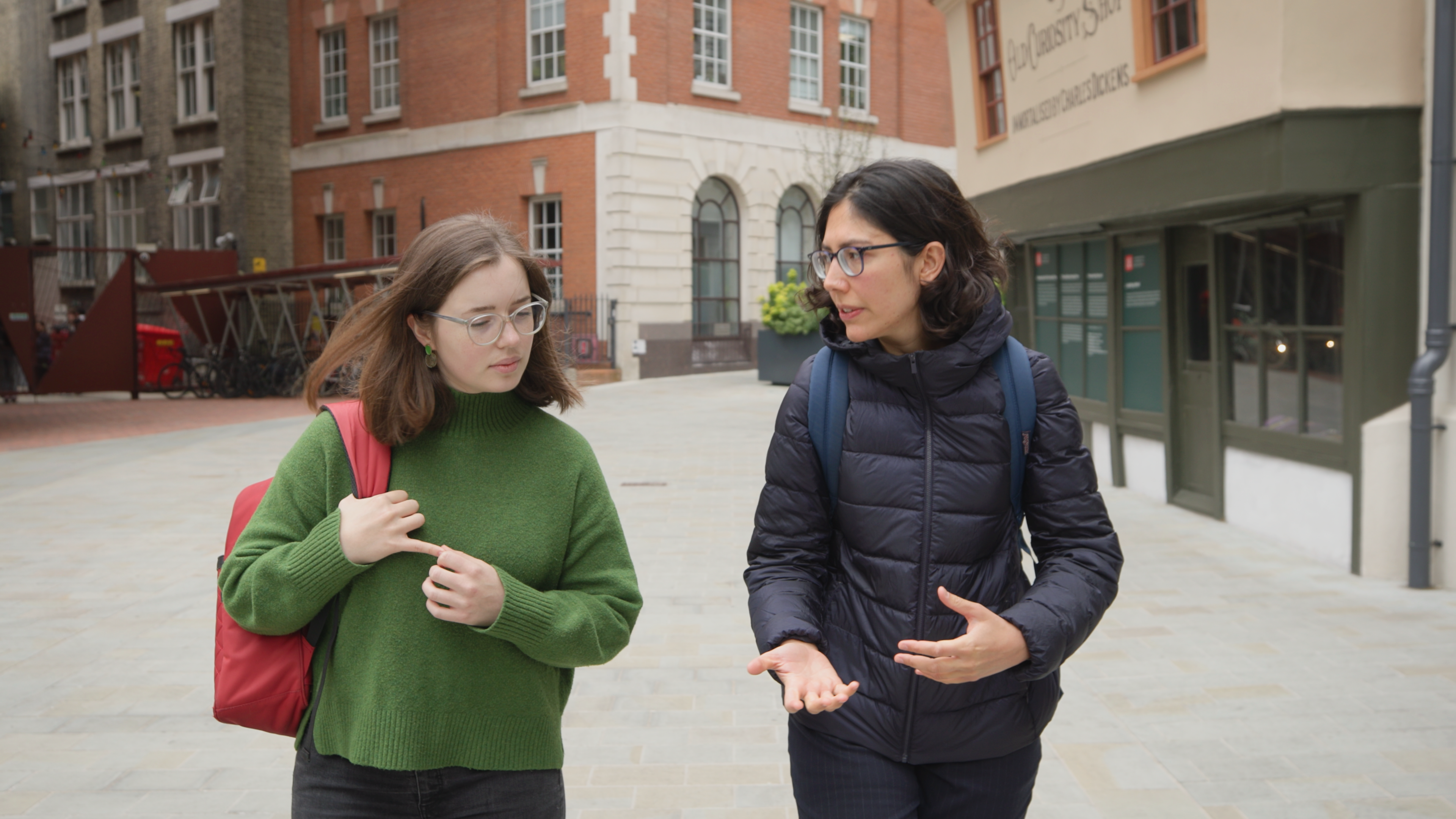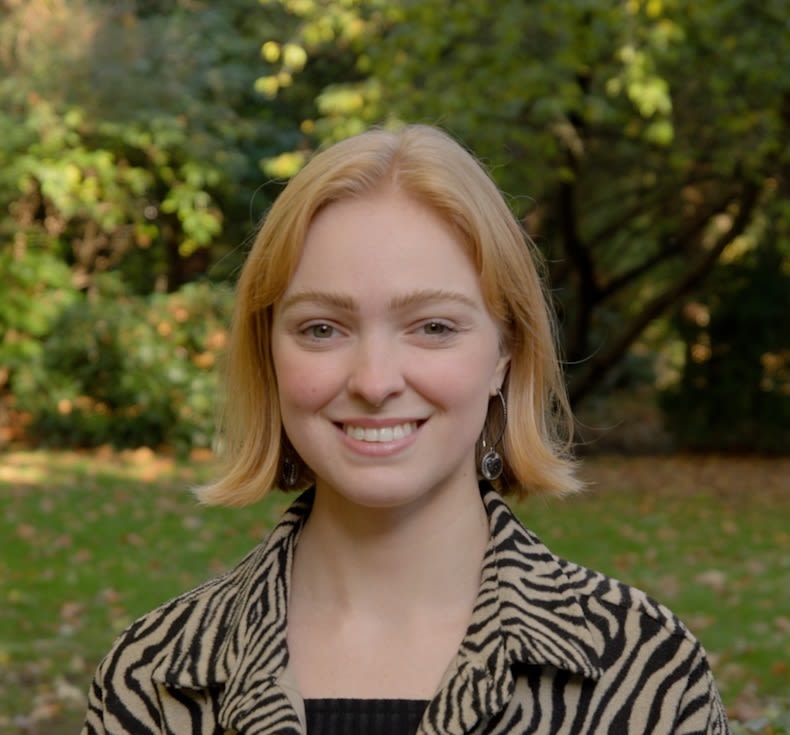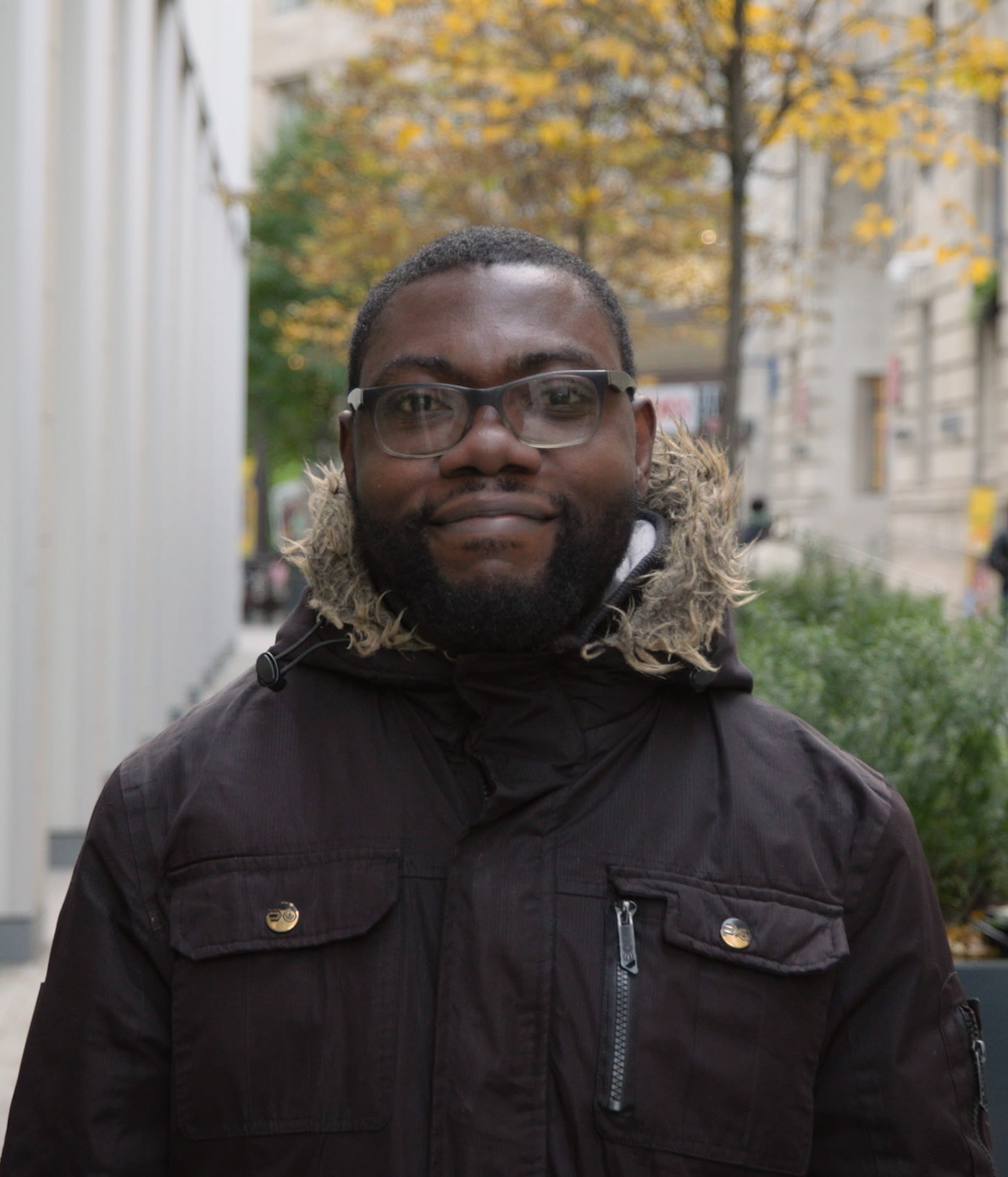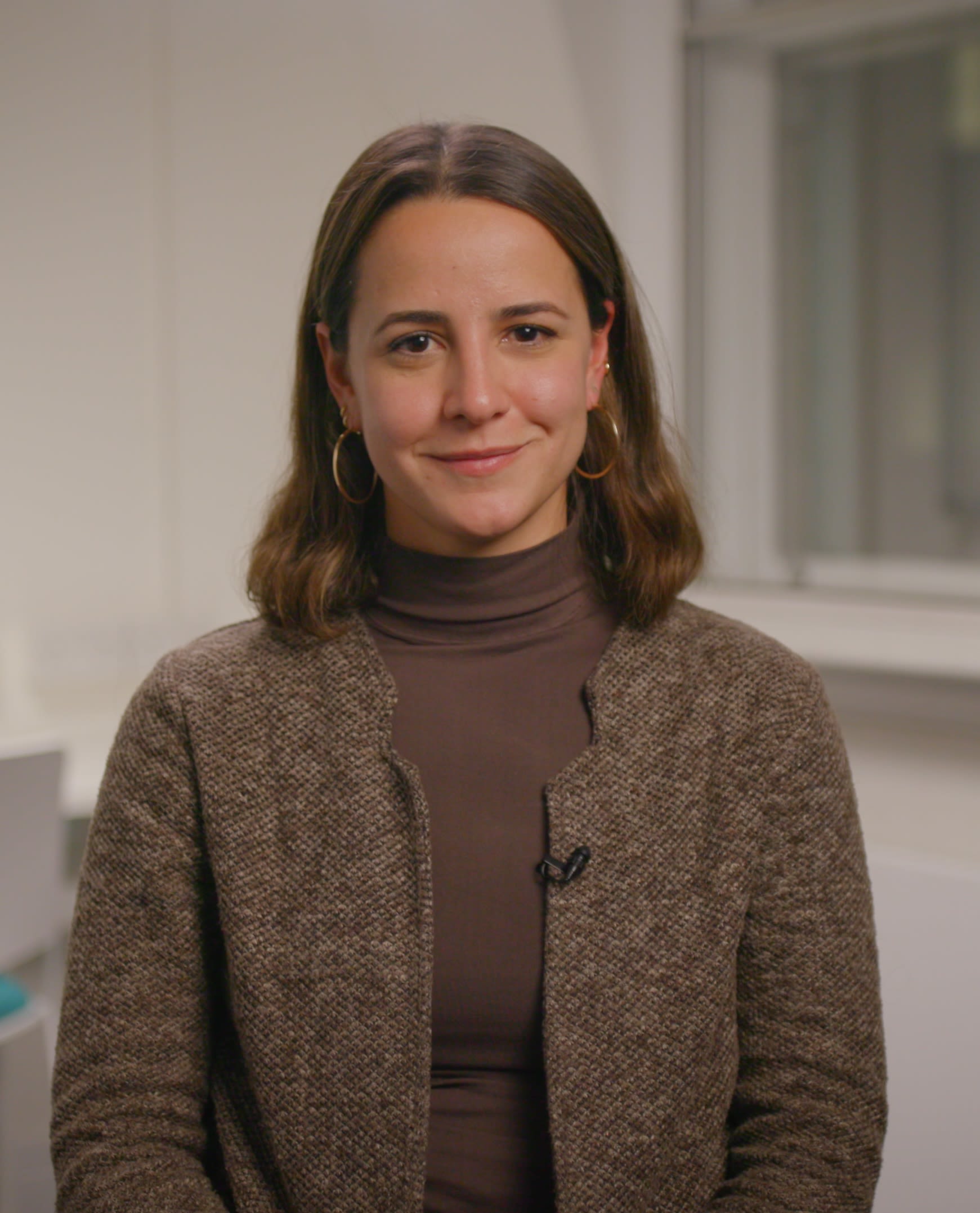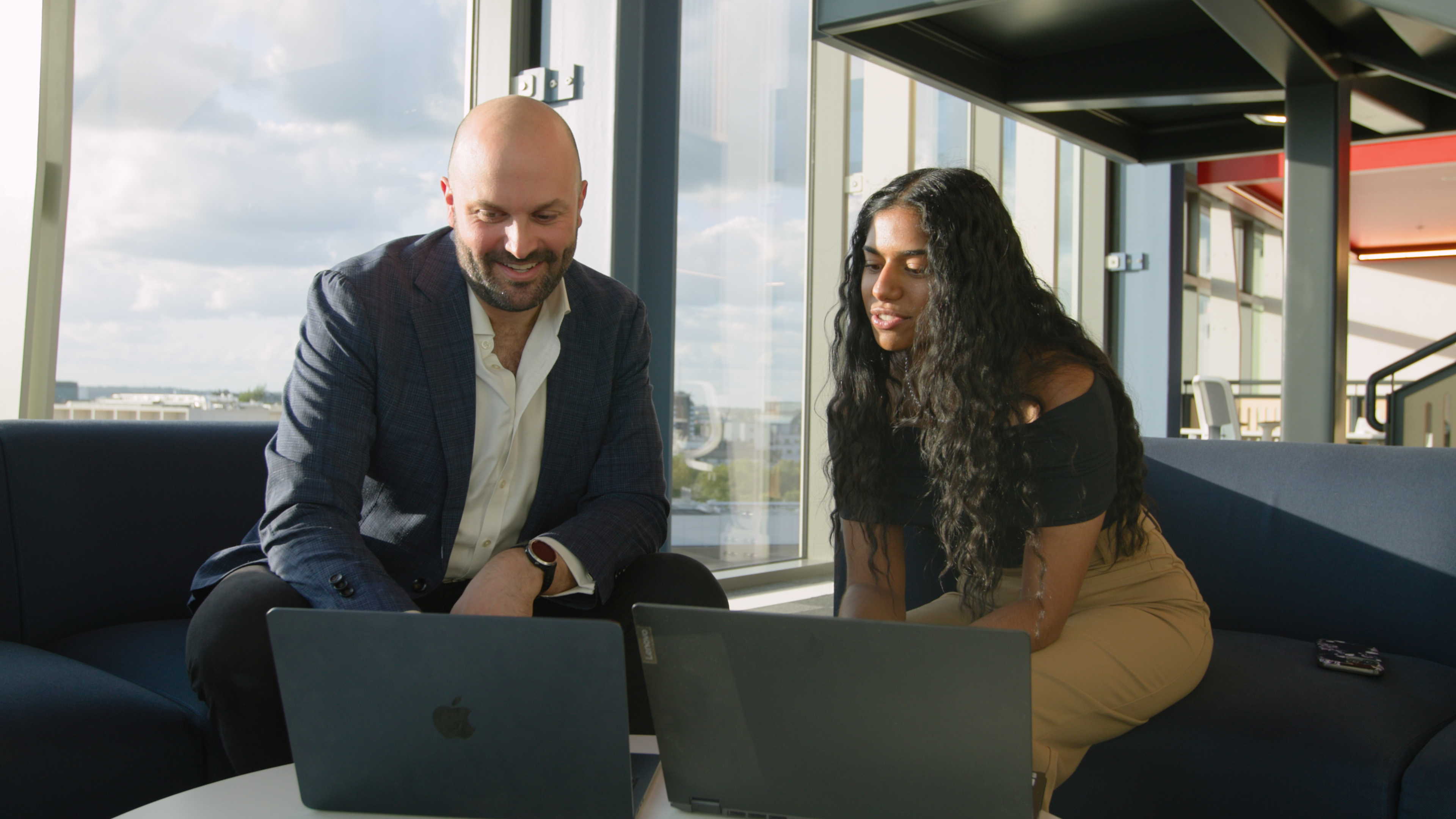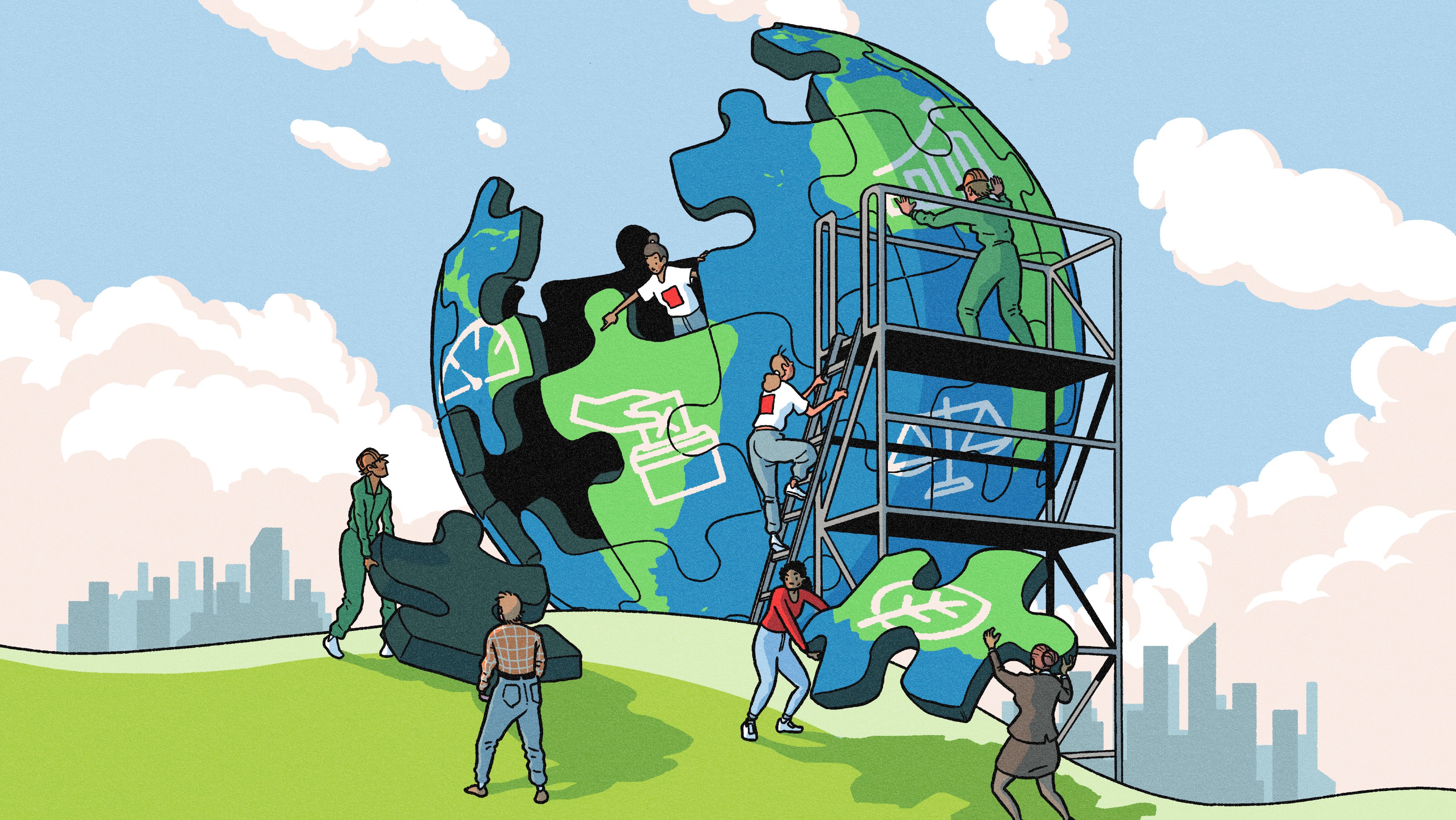

Shaping the World Together
The impact of your support
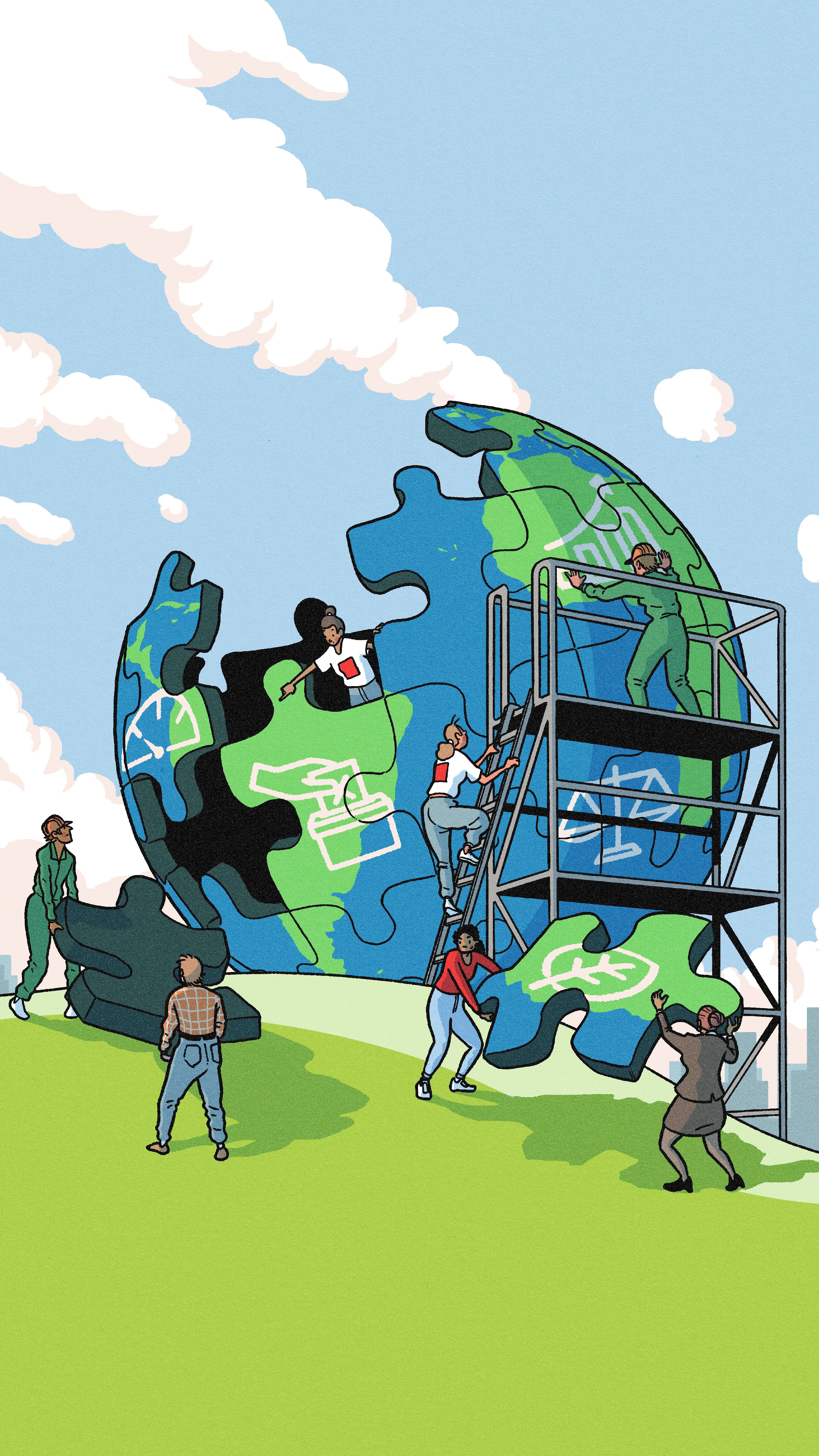

Shaping the World Together
The impact of your support
An Introduction from LSE's President and Vice Chancellor
In October 2024, we launched the next phase of our Shaping the World Campaign, which set ambitious new goals for philanthropic and volunteer support and focused our work as a university around five key global challenges, all needing solutions based in the social sciences. As we embark on a new academic year at LSE, I want to share two thoughts in particular with you.
First, the global challenges I spoke about in my inaugural lecture – the future of democracy, the need to reshape political economy, the importance of doing so in a sustainable way, the challenge of addressing corrosive inequalities, and the importance of harnessing new technologies – feel even more urgent than they did a year ago. Consequential elections across the globe, revolutionary developments in AI and other technologies, the escalation of devastating climate-related events, and the continuing disillusion of people everywhere in the ability of their governments to secure their needs all underscore the critical role of expert social science research to understand, and eventually address, the biggest questions our societies face.
Second, I am more convinced than ever that LSE is the best and most important place for this work to happen – and that you are the best and most important community to tackle this task with us. I’ve been awed from the very first day I arrived here by the passion and dedication of LSE’s worldwide community of alumni, friends, and partners—a community committed to our shared vision of a just, inclusive, and sustainable future. It is that passion and dedication that convinced us to refresh our Campaign, so we can tackle these challenges with even greater ambition, knowing you will be with us every step of the way.
Thank you for everything your support has made possible at LSE, be it financial or through volunteering. In this report, you’ll find just a few highlights from the many successes your generosity enabled this past year. I hope you find them as inspirational as I do—one more reason among the many we have for looking forward to seeing what we can achieve together in the coming year and beyond.
Sincerely,
Professor Larry Kramer
President and Vice Chancellor
Campaign News and Progress
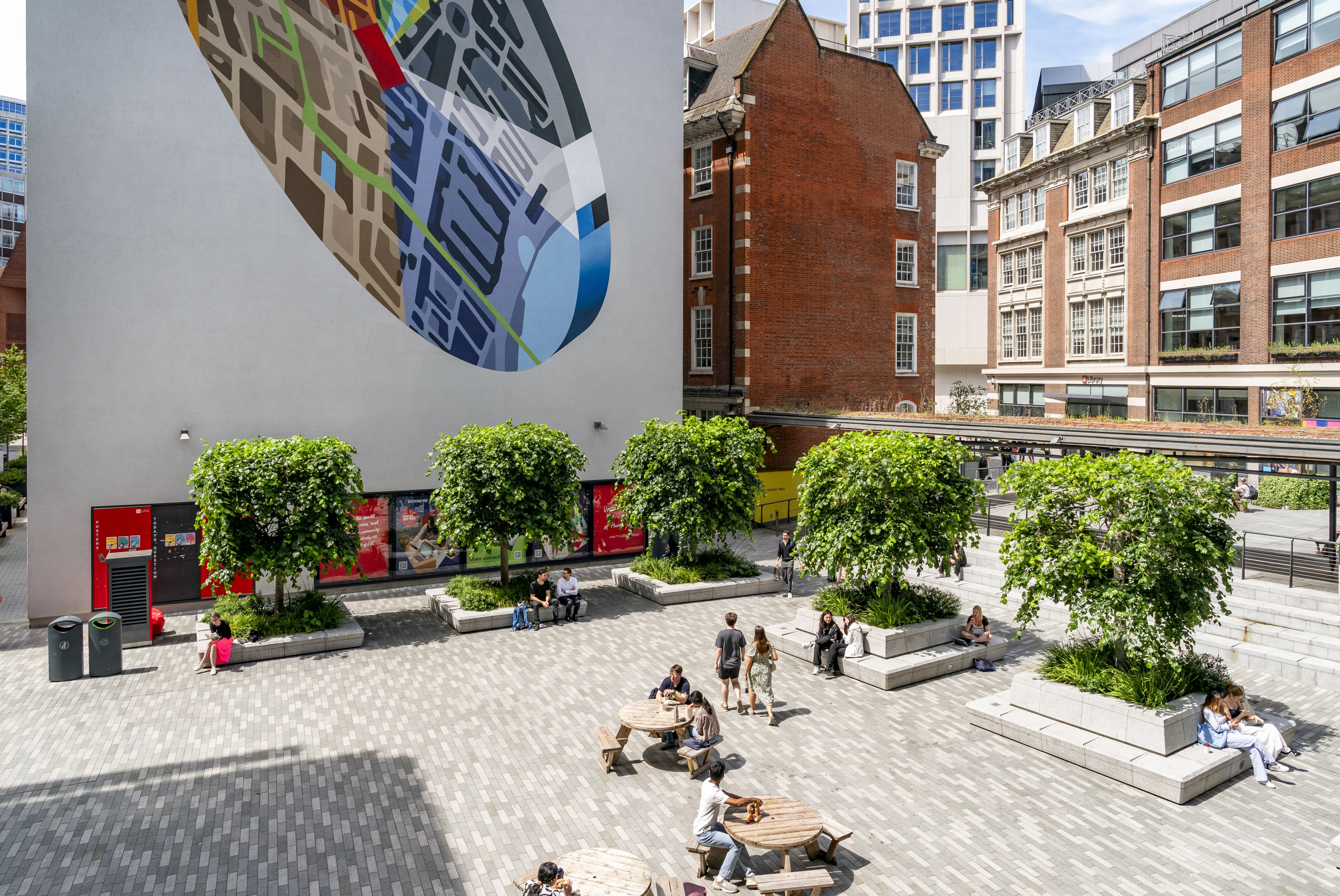
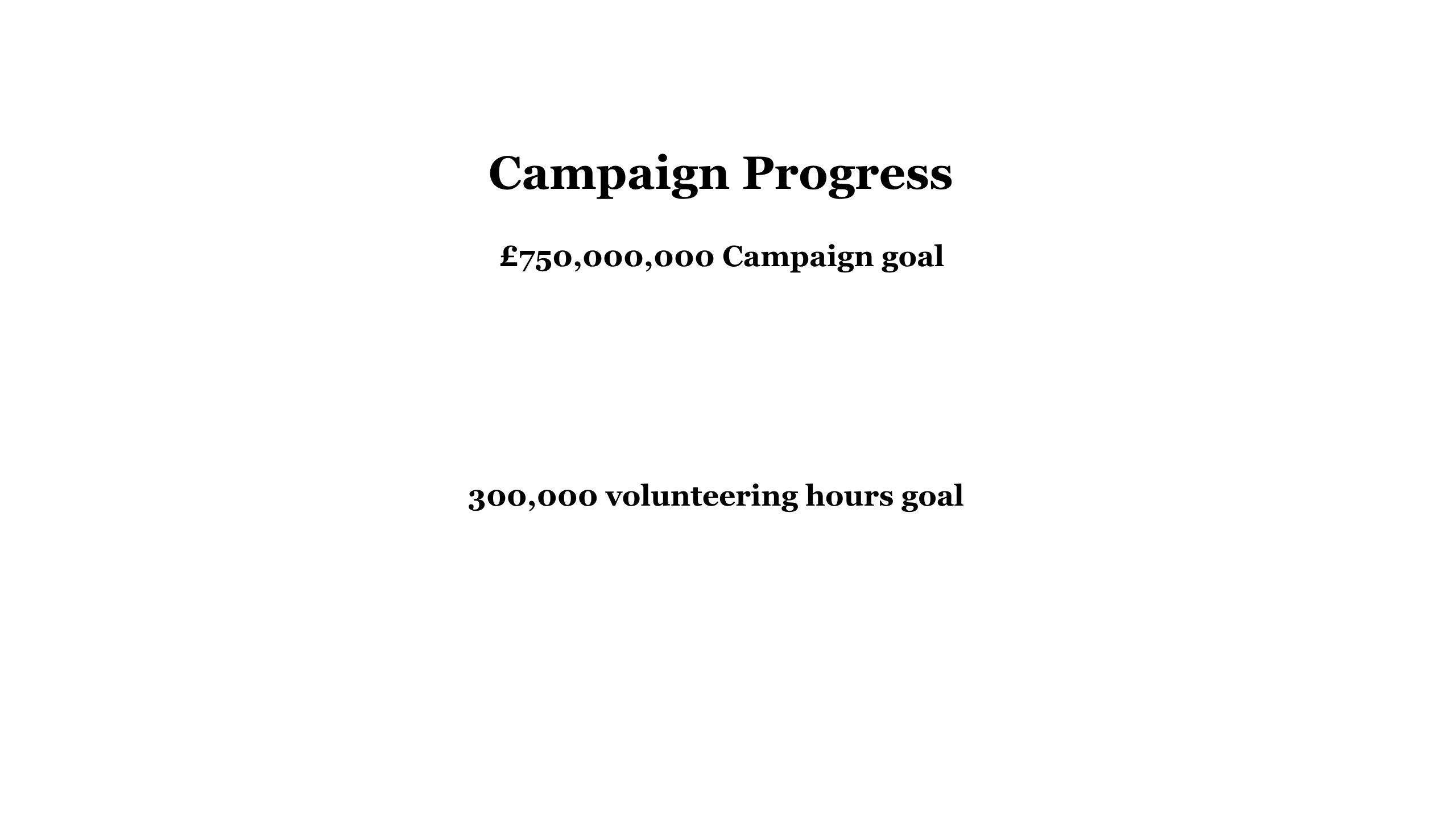

5,071 donors have supported our Shaping the World Campaign.
87% of donors are alumni.
95 countries that our Campaign supporters call home.
250 scholarships funded by philanthropy.
8,596 Campaign volunteers representing 141 countries.
Alumni volunteers represent 24 LSE departments.
Our alumni volunteers include everyone from our most recent graduates to those that studied in the 1950s.
Shaping the world together: a reminder of the journey
In November 2021, we publicly launched our Shaping the World Campaign, harnessing the expertise at LSE and the passionate support of our community of alumni and friends to transform the world for the better. We embarked on a mission to confront some of the greatest challenges of our time using LSE’s world-leading teaching, research and public engagement, and trusted that you’d be willing to join us in this journey. Your response has been overwhelming.
Our initial goals were to raise £350 million in philanthropic funds and engage our community in 100,000 hours of volunteering, all in support of students, staff, our research and our community around the world.
You did not hesitate to answer our call. Thanks to the enthusiastic support shown by our entire community of alumni, friends and partners, we have surpassed those original goals well ahead of schedule. To date, more than 5,000 donors have given over £470 million and more than 8,500 volunteers have collectively pitched in for over 143,000 hours.
Together, we’ve reached an amazing milestone – but the journey is not over. The passion and dedication of supporters like you has convinced us to set our ambitions even higher for the positive change LSE can make in the world.
In autumn 2024, we extended our Campaign goals to aim for £750 million in philanthropic income and 300,000 hours of volunteer service to further empower efforts to lead global conversations and shape solutions to some of the greatest interconnected challenges facing our world today. Throughout this report, we share more about these challenges and how LSE is working to make a positive impact on each of them.
The challenges that lie before us are significant, but as you have resoundingly demonstrated, so is the enthusiastic commitment of our community. Thank you for joining us in this effort to shape the world for the better.
Ben Plummer-Powell
Chief Philanthropy and Global Engagement Officer
The Firoz Lalji Global Hub
Among the most exciting projects taking shape on campus today is the continued development of the Firoz Lalji Global Hub. Located at 35 Lincoln’s Inn Fields, it will serve as the centrepiece of LSE’s expanding university quarter situated between Lincoln’s Inn Fields and the Aldwych in the heart of London.
The completed Global Hub, due to open in 2027, will provide seven storeys of additional teaching, research, office and social spaces, all equipped with cutting-edge technology to facilitate learning, research and collaboration across disciplines. This transformative project will provide the modern space and facilities our community needs to ask questions and explore topics that will shape the social sciences for decades to come, and ensure LSE continues to serve as a global leader in these crucial conversations.
The Firoz Lalji Global Hub will also bring together students, faculty, alumni and members of the wider academic community in social spaces equipped for collaboration, discussion and debate. Central among these will be the Agora, which, in the tradition of its ancient Athenian counterpart, we envision as the heart of the academic and civic life of the building. In its capacity as a 250-seater venue for debates, conferences, lectures and events focused on the most pressing issues of our time, the Agora will serve as a catalyst for connection, inspiration and change for the entire LSE community.
The Global Hub will also be home to LSE's first purpose-built space for Executive Education. This will include two full floors of dedicated learning space for these programmes, as well as an executive lounge and restaurant on the building's top floor with a terrace overlooking Lincoln's Inn Field and the City of London.
As LSE’s first net zero carbon building, the Global Hub offers positive advancements in the impact our campus and its infrastructure have on the world. It sets a new benchmark for educational institutions through an ambitious development approach that sees the existing building retained, recycled and transformed.
We are indebted to Firoz Lalji (BSc Economics 1969) for making this ambitious project possible. His visionary philanthropy is enabling us to create a transformative new space on campus.
There are many opportunities to support world-class learning and research through a gift to name one of the Global Hub's state-of-the-art facilities. Please contact Helen Jones, Executive Director of Development at H.Jones4@lse.ac.uk for more information.
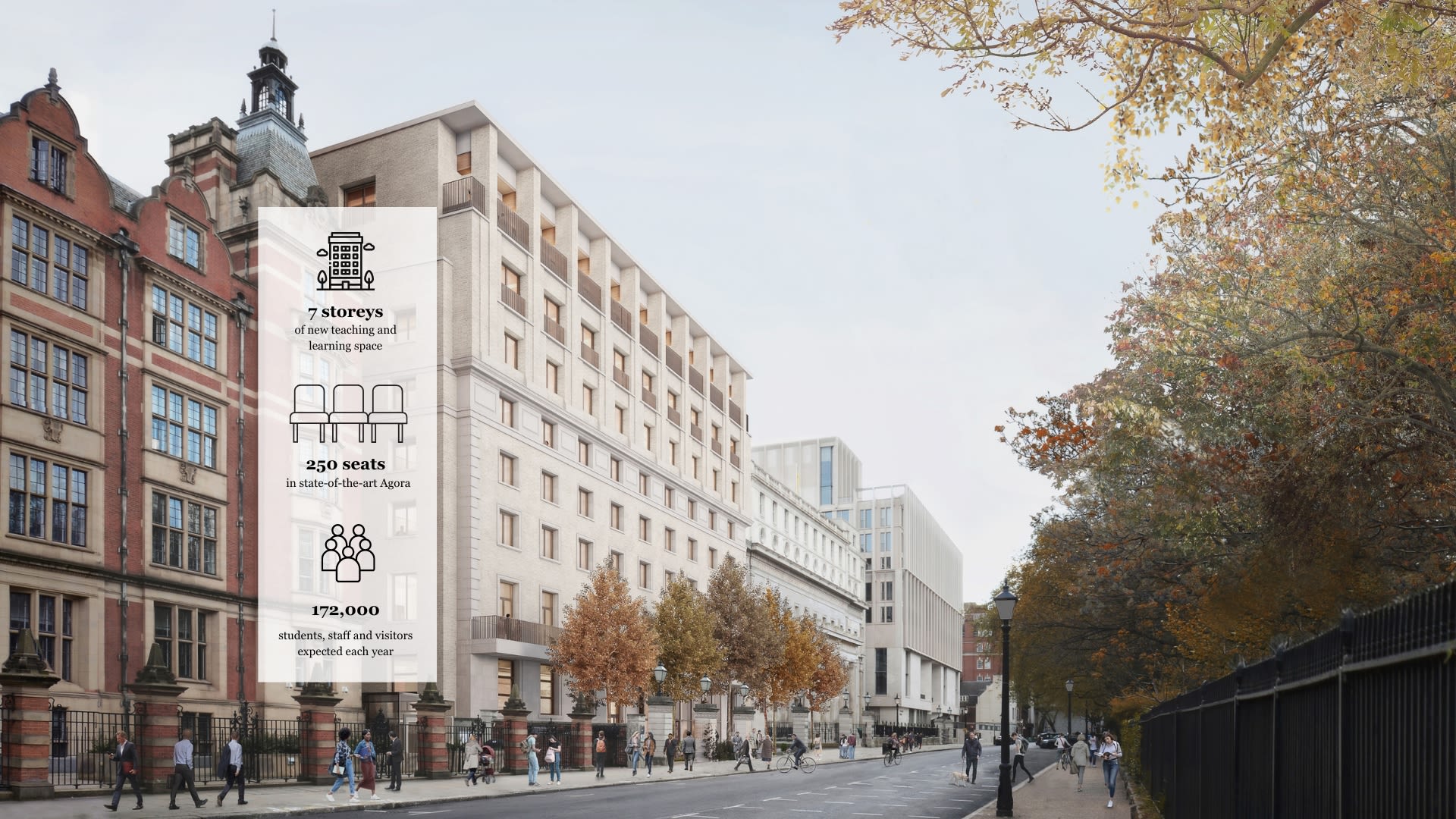
Enterprising alumni pledge philanthropic support
During 2024, LSE unveiled its Entrepreneurs’ Pledge, inviting entrepreneurial alumni to pledge to give back when they are in a position to do so. Nineteen alumni entrepreneurs, including health experts, food and beverage specialists and technology innovators became founding Pledgers and, since it was shared with the wider alumni community, more have been inspired to join them.
We have a vibrant global community of almost 18,000 active founders of startups. By signing the Entrepreneurs’ Pledge, LSE alumni are making philanthropy an integral part of their business success, demonstrating their commitment to giving back. Pledgers join an exclusive community with access to entrepreneurial support and network opportunities.
The Entrepreneurs’ Pledge was designed in collaboration with LSE Generate, our award-winning home for entrepreneurship. Each year, LSE Generate supports over 2,000 LSE students, alumni and staff to build and scale businesses in the UK and around the world. Several of the founding Pledgers have worked with LSE Generate to develop their socially-responsible businesses.
I am committed to enabling more students to experience what I did at LSE. Every visit to the campus and engagement with LSE Generate reignites my inspiration. Supporting the entrepreneurial spirit at LSE can only benefit society, fostering innovative solutions to global challenges.
Julian Buschmaas
(MSc Development Management 2019)
Co-founder of be/impact, a platform that supports businesses interested in engaging more meaningfully with the not-for-profit sector.
LSE welcomes all entrepreneurial alumni to join this growing community through the Entrepreneurs’ Pledge. To find out more, please email Harry Hughes, Philanthropy Manager, at a.hughes2@lse.ac.uk.
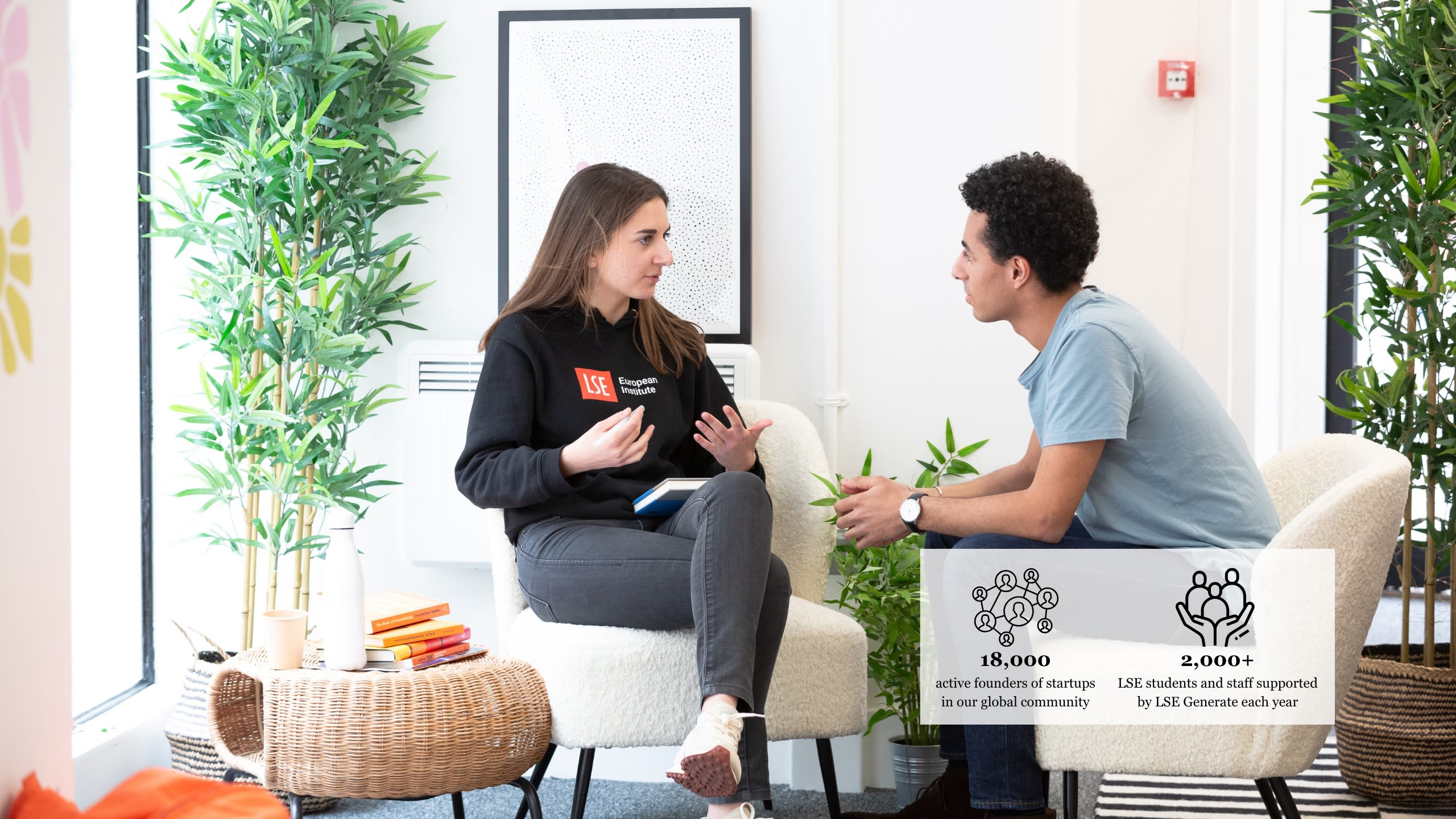
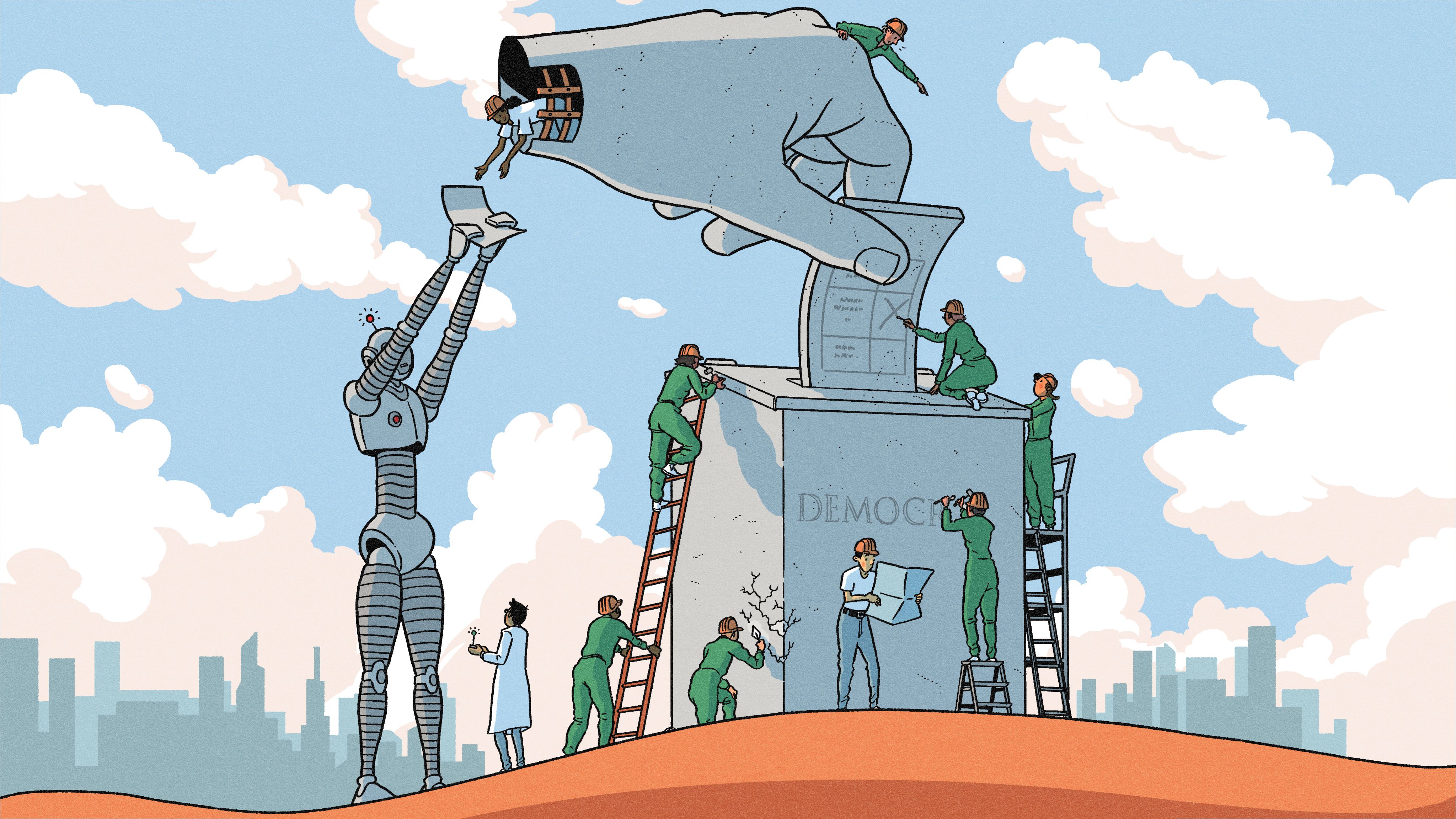

Democracy
As political years go, 2024 was eventful, comprising both routine and contentious – but all consequential – elections around the globe. While the long-term implications may take years to be fully understood, the resulting changes in governments large and small are already having an immediate impact on billions of people.
The ability of ordinary citizens, making their voices heard at the polls, to reshape the world’s political landscape demonstrates the continued power and importance of our democratic institutions. But despite the crucial role democracies play in shaping our lives, threats to our democratic processes – disinformation, polarisation, apathy and declining trust, to name just a few – pose grave danger to their long-term health and stability.
With support from our community, LSE is committed to a future in which our democracies are more resilient, inclusive and transparent.
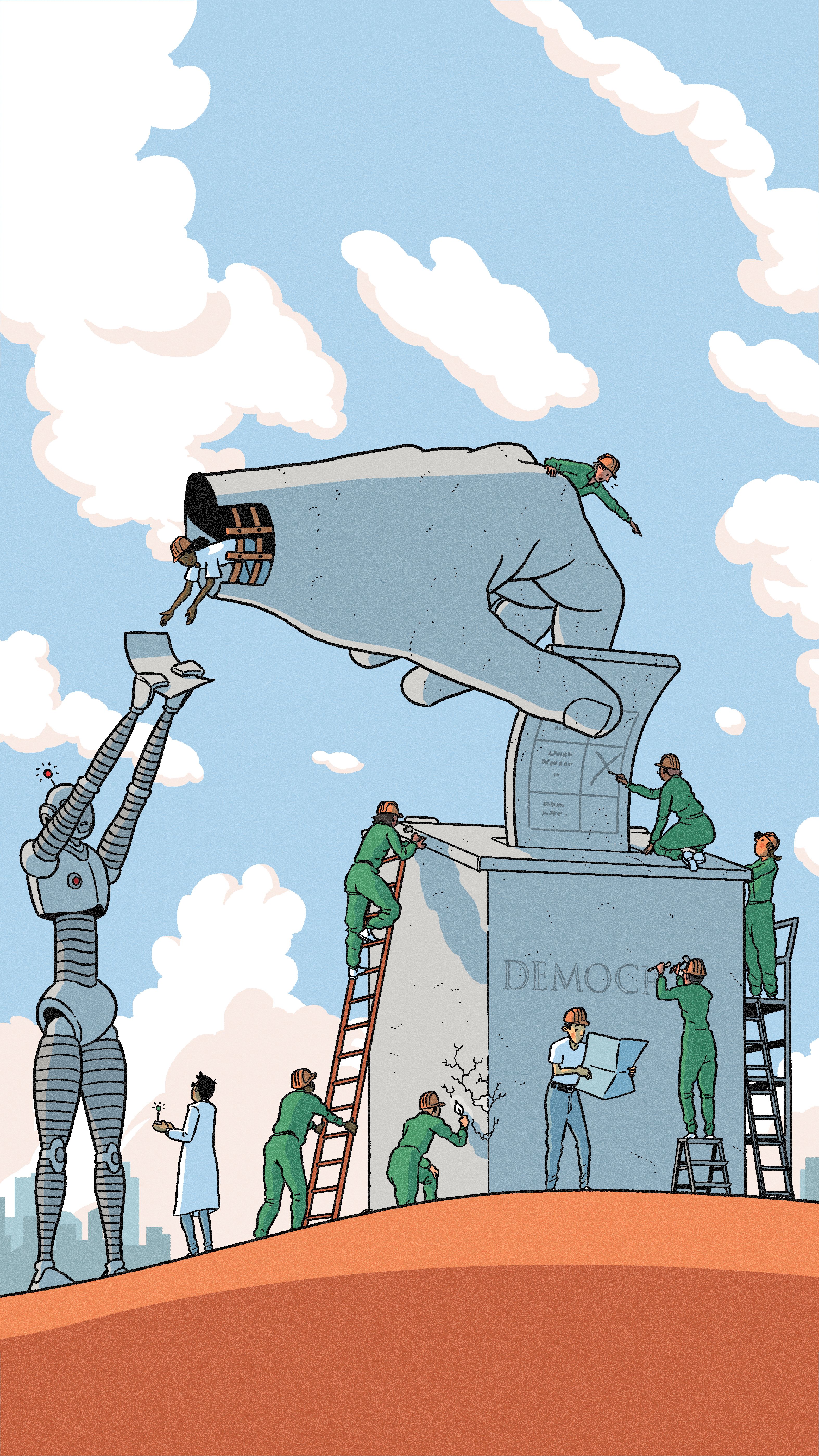

Democracy
As political years go, 2024 was eventful, comprising both routine and contentious – but all consequential – elections around the globe. While the long-term implications may take years to be fully understood, the resulting changes in governments large and small are already having an immediate impact on billions of people.
The ability of ordinary citizens, making their voices heard at the polls, to reshape the world’s political landscape demonstrates the continued power and importance of our democratic institutions. But despite the crucial role democracies play in shaping our lives, threats to our democratic processes – disinformation, polarisation, apathy and declining trust, to name just a few – pose grave danger to their long-term health and stability.
With support from our community, LSE is committed to a future in which our democracies are more resilient, inclusive and transparent.
Connecting and Supporting Women in Greek Politics
May Zanni (MSc Government 2000) is a Greek political analyst and the founder of the NGO Women Act. She shared some insights on how her time at LSE shaped her work connecting and supporting women across all levels of Greek politics.
It is thanks to LSE that I have had the experiences that have so benefited my career in Greek politics. At LSE, I was offered the opportunity to intern at the House of Commons, which then led me to an internship at the European Parliament in Brussels. I would also say that LSE first inspired me to think about a career as a political analyst.
After a decade abroad working in Paris and Brussels, when I returned home to Greece in 2006, I hoped to utilise my experience in politics gained with international organisations and European institutions, such as the International Chamber of Commerce.
In my first role back home, I was a political analyst serving first as adviser to the Minister for Justice, followed by the Minister of Foreign Affairs. In 2019 I was offered a position as adviser in the Secretariat of the Prime Minister of Greece. My focus during those four years was community outreach and engagement with a special interest in think tanks and civil society organisations.
During my time working in the Greek political arena, I could not help but notice that there was no local network to promote and sustain women political leaders. While in America, I participated in the US State Department's International Visitor Leadership Program as Greece’s representative in the Women in Public Service Project. This initiative aimed to promote women's leadership and enabled me to meet women leaders from different states.
This experience was transformative, as it made me realise that having a similar programme in Greece was crucial if we wanted to have more women in elected office and government. With this idea in mind, I approached women I knew from different political backgrounds and co-founded Women Act in 2017, which supports and connects women active in Greek politics across the country. I am very proud of the network we have built, which includes 15 hubs active all over Greece and more than 3,000 women who have participated in our educational, mentoring and networking activities and programmes.
The strength of The Hellenic Alumni Association, our local LSE alumni network, helped me immensely in co-founding Women Act. The alumni group gave me the opportunity to meet women, some of whom subsequently have been active in my organisation and have offered me personal support and opportunities for growth. I have served on the board of the Hellenic Alumni Association and witnessed first-hand how important such a network of motivated individuals can be in the public sphere of Greece.
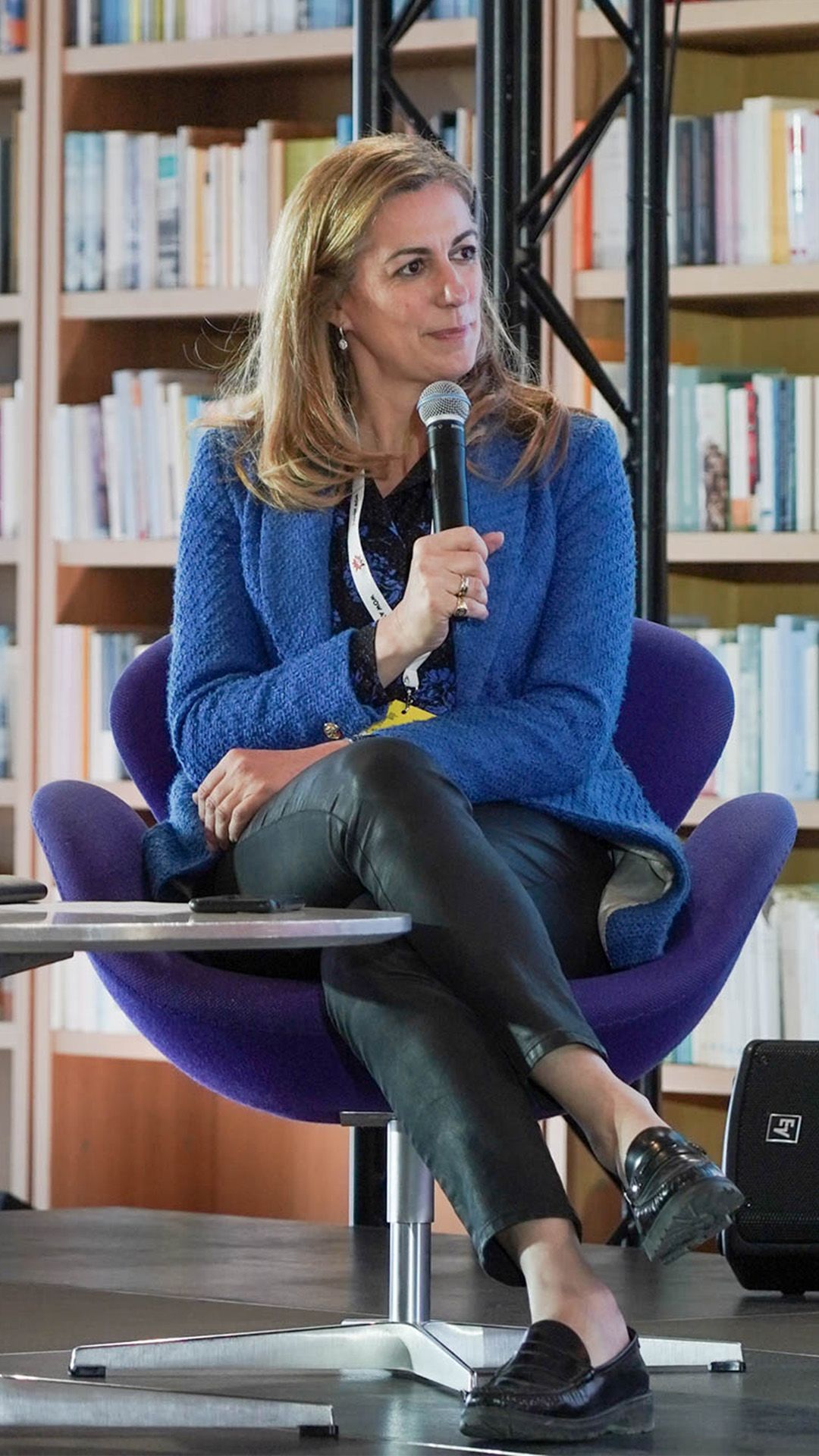
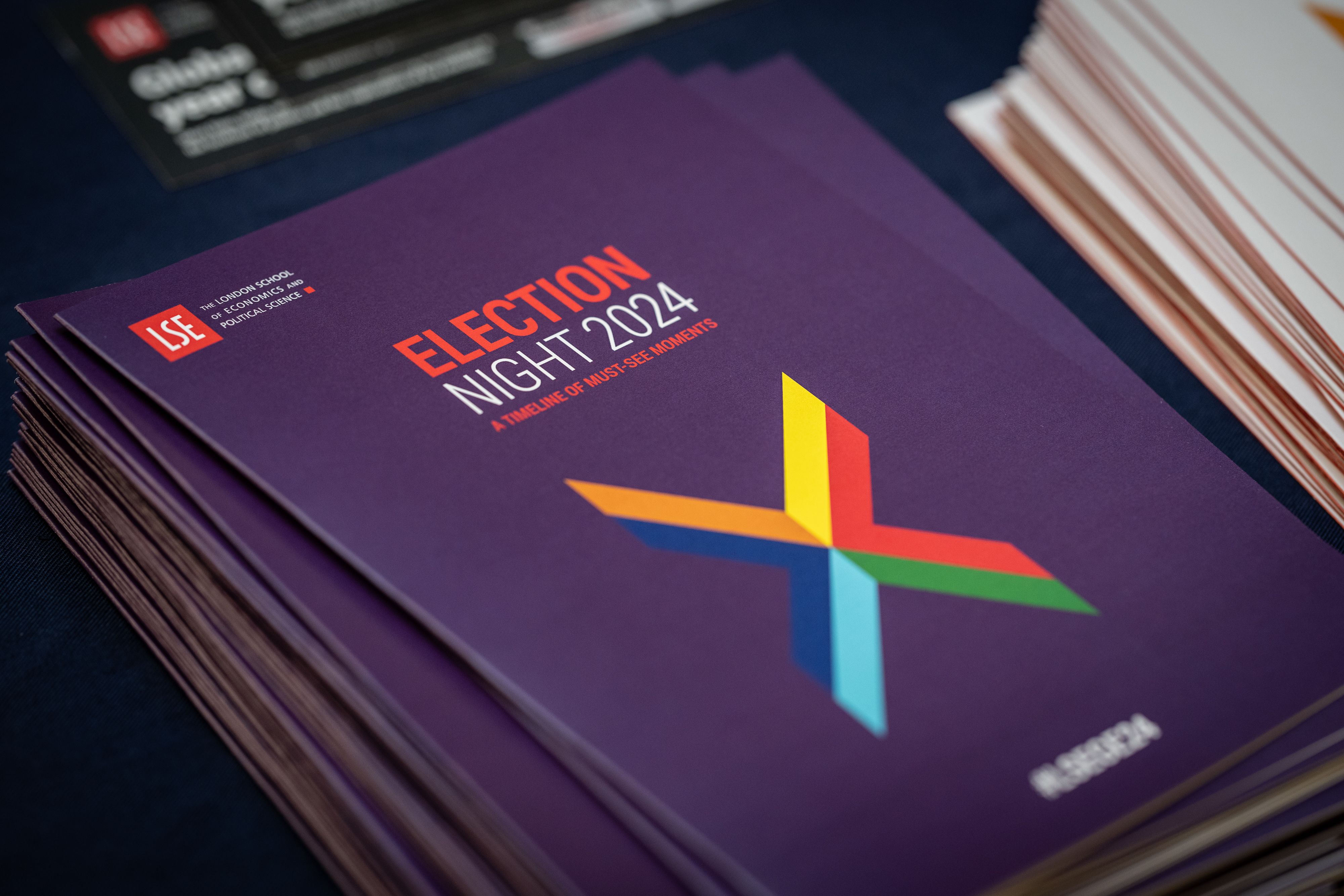
LSE's coverage of 2024: A year of elections
2024 will be remembered by political scientists as a pivotal year for democracy, with just under half of the world’s population – more than at any other moment in history – having the opportunity to go to the polls in more than 60 countries.
All of this comes when faith in democracy is being questioned. Polarisation is increasing in almost every western liberal democracy, devastating worldwide conflicts are ripping communities apart, and countries in the Global South, railing against what they see as double standards, are looking for alternative political structures distinct from those that dominated 20th century international relations.
Interdisciplinary work across the School has highlighted three key trends for the year of worldwide elections:
Populist parties gathering strength: In 2024, populist political parties – many of which have been described as ‘far right’ - continued to gain significant political ground across Europe, taking power in Austria, winning significant vote shares in Portugal and Belgium, and putting pressure on the mainstream parties in both Germany and France.
Dr Marta Lorimer, a Visiting Fellow at the LSE's European Institute, is exploring the role that European integration has played in the growing normalisation and legitimisation of right-wing populist views and ideologies, while LSE Professor Lilie Chouliaraki’s new book analyses the way populist ideas are spread and reinforced through social media.
Out with the old: Incumbent governments suffered significant losses in 2024, as demonstrated by Labour’s landslide in the UK, Donald Trump’s re-election in the US and the triumph of the National People’s Power Coalition in Sri Lanka, spearheaded by Janatha Vimukthi Peramuna - a party that got just 3.8 per cent of the vote in the country’s previous election. Even governments who ultimately went on to win their re-election bids – the BJP in India and the African National Congress in South Africa – lost significant voter share.
These elections show that voter unhappiness – or ‘democratic frustration’, a feeling of wanting something but not getting it – is playing an increasing role in the choices that voters make.
LSE’s Electoral Psychology Observatory is dedicated to cutting edge research on the psychology of voters and optimisation of the electoral experience. The Observatory’s findings are already informing new approaches to the democratic process in 30 democracies across all five continents.
New frontiers of disinformation: Elections across the world were impacted by disinformation campaigns. In Taiwan, narratives designed to erode public trust in democratic institutions gained traction, while in Mexico, disinformation led to over 130 incidents of violence against political candidates. Rapid developments in AI could lead to disinformation tools that are far more sophisticated and effective.
In his role at Blue Owl Group, a global advisory firm committed to responding to the biggest challenges facing humanity today, LSE alumnus Ian Plunkett is on the frontline of exploring the growing impact of disinformation on our democratic processes and how best to fight against it.
The future of democracy doesn’t just hinge on combating external threats — it depends on our willingness to look in the mirror and change our own behaviour. And to demand better from those who serve us what we read and consume, and the platforms we use every day.
Ian Plunkett
(MSc Media & Communications 2014)
As we emerge from the rollercoaster of 2024, it remains unclear what long-term impact these trends will make on our democratic institutions.
LSE was at the forefront of finding solutions to the biggest challenges of the 20th century and, with your support, can do so again in the 21st century, reimagining democratic systems and processes that work better for everyone.
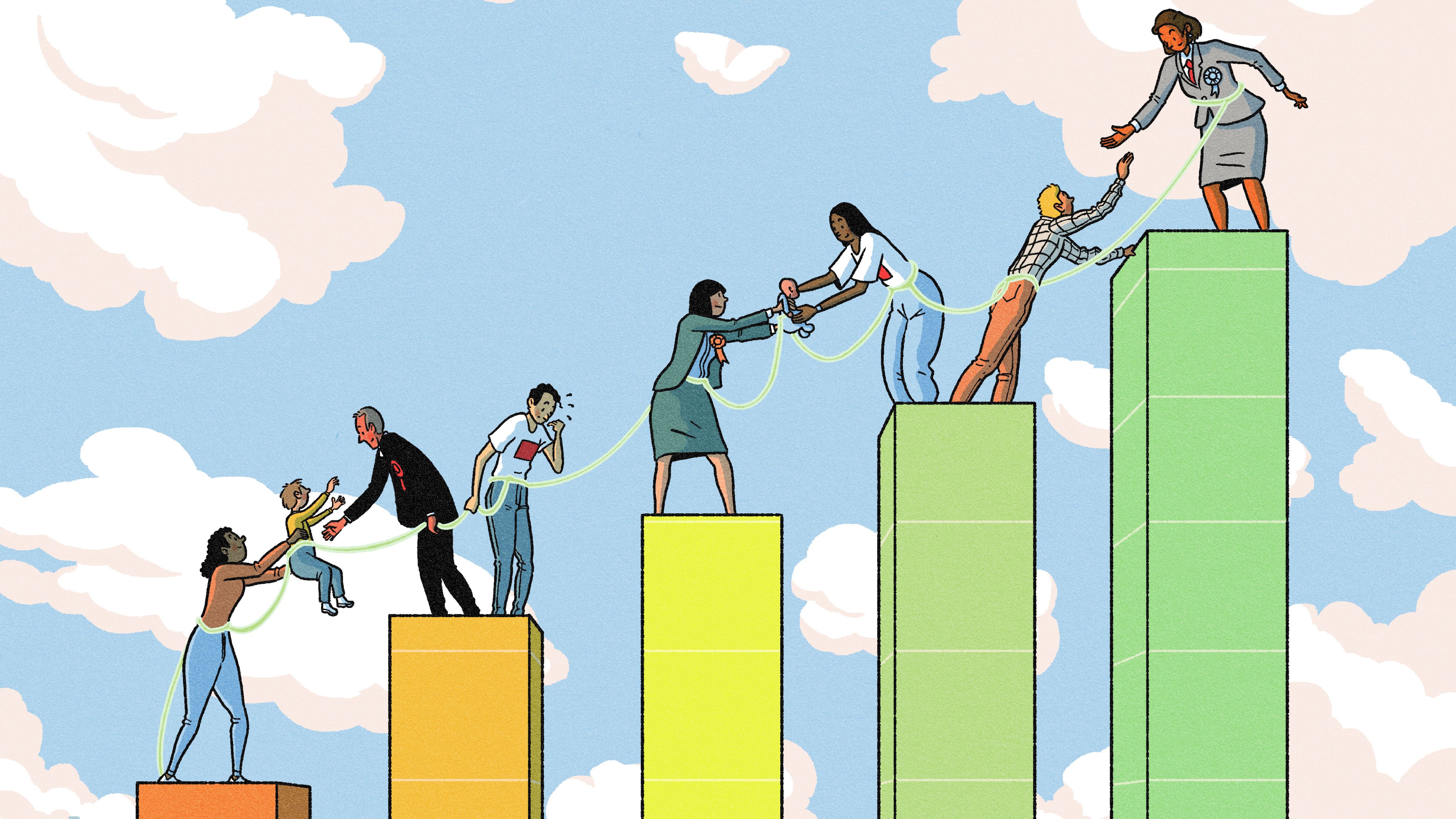

Political Economy
The fundamental questions posed by the study of political economy have been at the heart of intellectual life at LSE since the School’s founding. How should we organise our economies and working lives? How should wealth be distributed throughout society? And what social, moral and political values should guide us in answering these questions?
Despite centuries of study, these questions feel as urgent and unresolved today as they have at any point before. Current models have made possible life-changing innovations and widespread adoption of new technologies but have also placed acute and growing pressures on the distribution of other essentials like education, healthcare and housing.
With your support, LSE is further enhancing its historic reputation as a world leader in the study of political economy by striving to develop new models for a changing world.
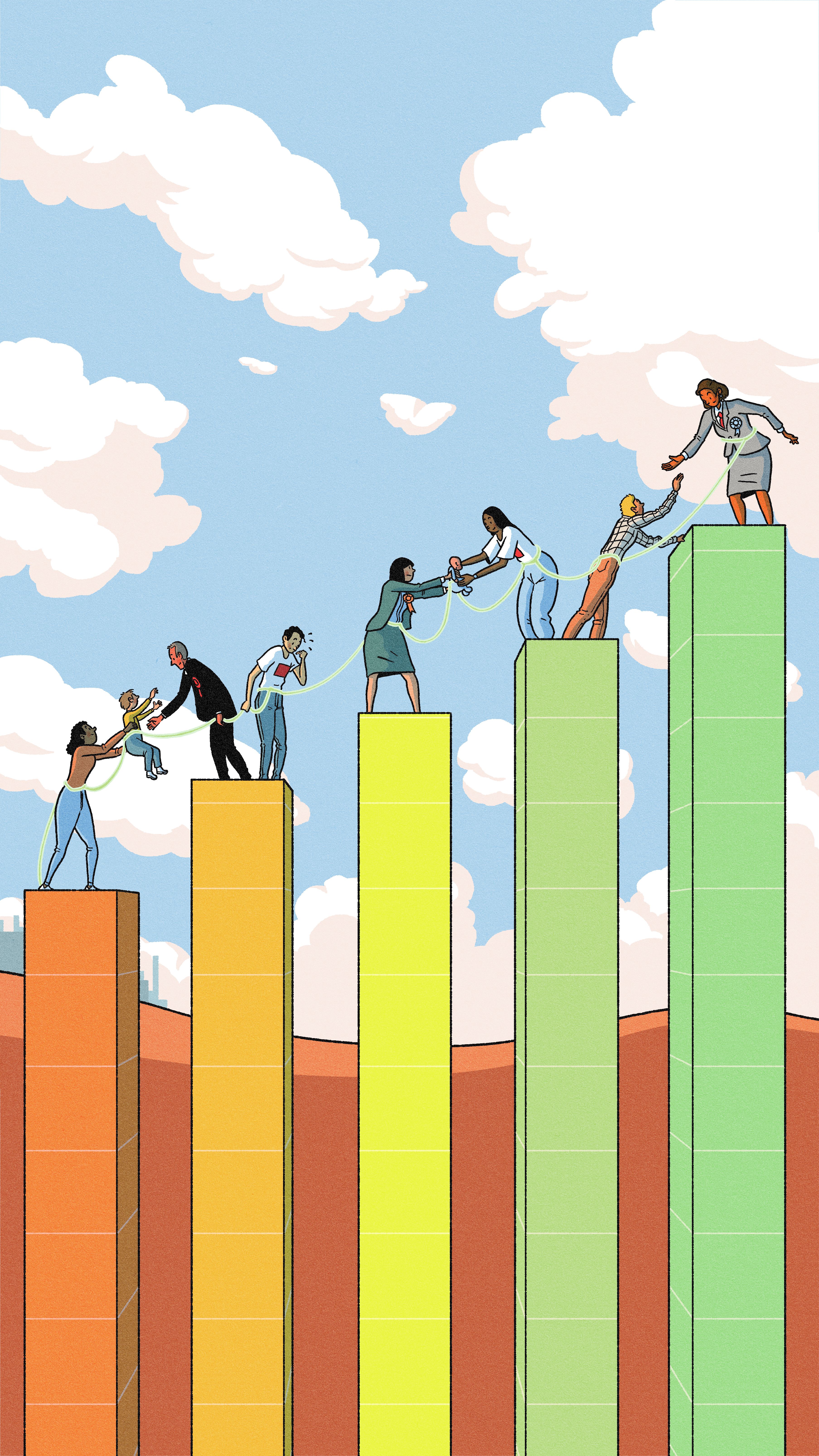

Political Economy
The fundamental questions posed by the study of political economy have been at the heart of intellectual life at LSE since the School’s founding. How should we organise our economies and working lives? How should wealth be distributed throughout society? And what social, moral and political values should guide us in answering these questions?
Despite centuries of study, these questions feel as urgent and unresolved today as they have at any point before. Current models have made possible life-changing innovations and widespread adoption of new technologies but have also placed acute and growing pressures on the distribution of other essentials like education, healthcare and housing.
With your support, LSE is further enhancing its historic reputation as a world leader in the study of political economy by striving to develop new models for a changing world.
Philanthropy fuels PhD students advancing our understanding of political economy worldwide
PhD students form a crucial part of intellectual and academic life at LSE. In addition to the valuable social science research they conduct, many will carry those research themes through into future advances and educate new generations of curious and passionate students.
Philanthropic generosity from the LSE community is essential in providing our PhD students with the support and stability needed to carry out their vital research.
Shaonlee Patranabis is a PhD student in the Department of Geography and Environment. Through her research, she seeks to better understand how the history of land rights in India affects the structure and affordability of the nation’s modern housing market. Shaonlee is the recipient of the Warnford and PhD Consortium Scholarships, which provides crucial support for her work.
What PhD funding does is that it gives the PhD scholar a certain amount of dignity in which they are able to sustain themselves in the academic world. It’s basically an acknowledgement that the research we do is valid, and that it deserves to be supported.
Shaonlee Patranabis
(PhD Economic Geography 2025)
Hear more from Shaonlee in this short film.
Nicholas Osborn is pursuing a PhD in the Department of Anthropology with a research focus on the social and economic factors shaping the lives of agricultural workers in the coffee industry in South America. During the last year of his PhD, Nicholas received support from the Hardship Fund, a donor-supported programme that provides short-term help for students facing unexpected, urgent financial hardships.
I've had a number of different difficult experiences that have punctuated [my studies]. So, for me, applying and being able to secure some hardship funding and be supported in that way was incredibly important in terms of giving me the space to focus on my studies. Without that, this last year, which is really instrumental in doing a PhD... wouldn't have happened.
Nicholas Osborn
(PhD Anthropology 2025)
Hear more from Nicholas in this short film.
Shaonlee and Nicholas are among the many PhD students at LSE whose contributions to our understanding of political economies around the world are made possible by the generous support of our community of alumni, friends and partners.
Envisioning an economy that works for all
A transformational gift from the Open Society Foundations has enabled LSE to launch a major new initiative focused on the political economy of ‘cohesive capitalism’.
The Programme on Cohesive Capitalism explores new economic models that can genuinely work for all citizens. Led by Professor Sir Tim Besley, School Professor of Economics and Political Science, and housed in the Suntory and Toyota International Centres for Economics and Related Disciplines (STICERD) within the Department of Economics, the programme brings together world-class thinkers in political philosophy and the social sciences to address fundamental questions about what kind of economy, and which policies, will best support global communities.
There is enormous discontent with our current economic model — and rightly so. This new multidisciplinary programme provides an exciting opportunity to create the kind of dialogue between philosophy and social science that is essential if we are to find a better way of doing things, and to develop a body of research that is useful to citizens and policymakers around the world.
Professor Sir Tim Besley
School Professor of Economics and Political Science
‘Cohesive capitalism’ refers to a form of capitalism that has three distinct but related aspects:
- Social solidarity that fosters a widespread commitment to economic institutions and a strong state.
- Institutions designed to enable participation in economic life that is open to all, with widely shared benefits of economic prosperity.
- Democratic political institutions, where personal freedom and rights are guaranteed.
The overarching aim of this programme is to propose a vision for an economic system built on sound analytical and normative foundations, complemented by a realistic theory to bring about positive changes to societies.
A long-standing supporter of LSE, the Open Society Foundations work to build vibrant and inclusive democracies whose governments are accountable to their people. The Foundations were founded in 1993 by George Soros (BSc Economics 1951, MSc Philosophy 1954).

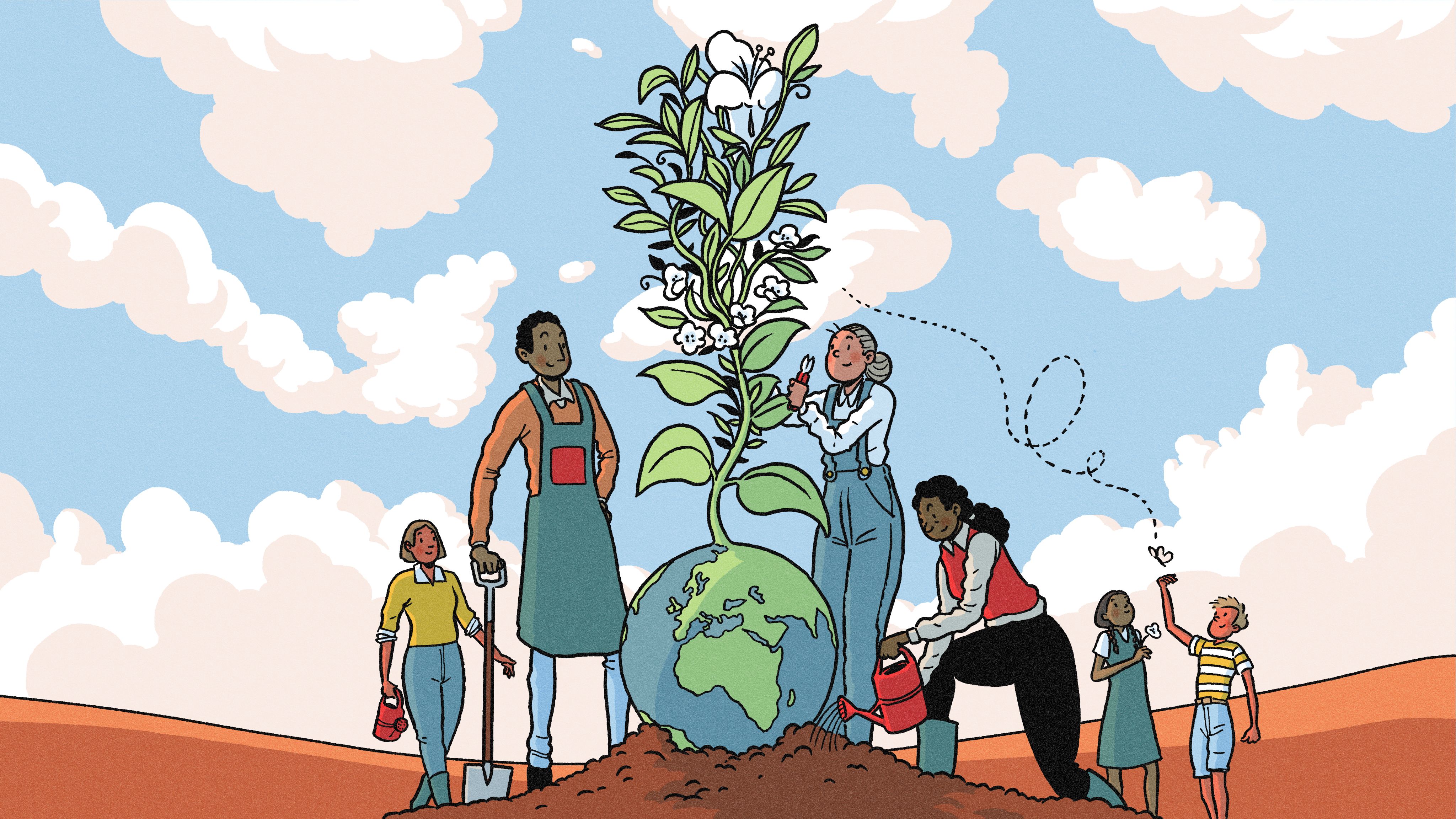

Sustainability
The reality of a changing climate, and the gravity of its consequences, has become impossible to ignore. Record high temperatures and destructive weather events are already taking their toll on lives and livelihoods, and without serious, coordinated worldwide action, these trends will only worsen in the years to come. And yet many of the efforts we see at addressing this crisis are insufficient and vulnerable to changing political tides.
The path to a just and sustainable economy that works for people and the Earth leads through complex and contentious questions about what we eat, where we live, how we power our homes and businesses, how we incentivise environmentally conscious economic transitions and much more. Getting the answers to these questions right – and arriving at them in time for them to make a difference – is essential if we hope to avoid the worst possible outcomes for our planet.
With the help of supporters engaged in our Shaping the World Campaign, LSE is leading global efforts to create a sustainable future for all.
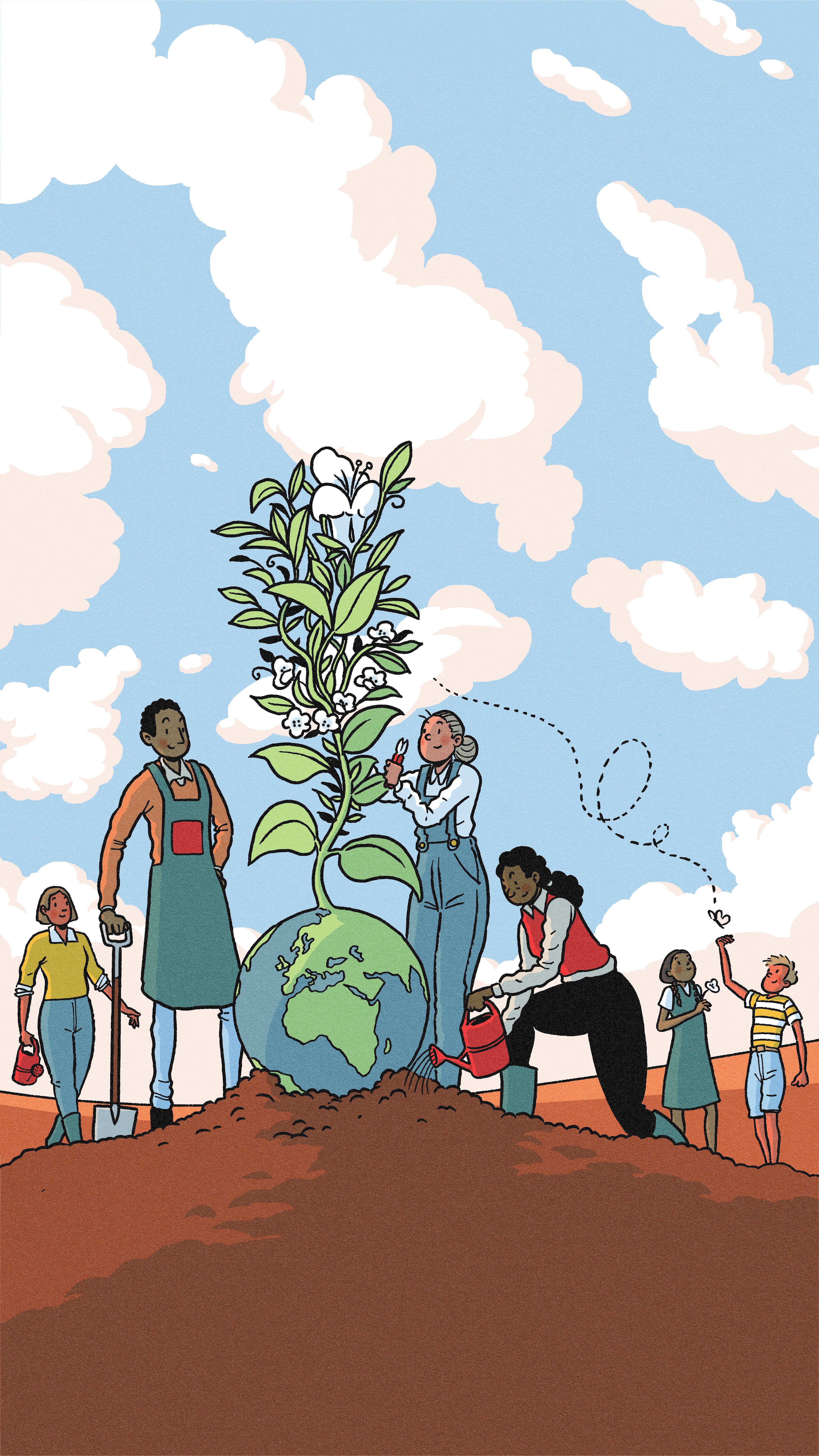

Sustainability
The reality of a changing climate, and the gravity of its consequences, has become impossible to ignore. Record high temperatures and destructive weather events are already taking their toll on lives and livelihoods, and without serious, coordinated worldwide action, these trends will only worsen in the years to come. And yet many of the efforts we see at addressing this crisis are insufficient and vulnerable to changing political tides.
The path to a just and sustainable economy that works for people and the Earth leads through complex and contentious questions about what we eat, where we live, how we power our homes and businesses, how we incentivise environmentally conscious economic transitions and much more. Getting the answers to these questions right – and arriving at them in time for them to make a difference – is essential if we hope to avoid the worst possible outcomes for our planet.
With the help of supporters engaged in our Shaping the World Campaign, LSE is leading global efforts to create a sustainable future for all.
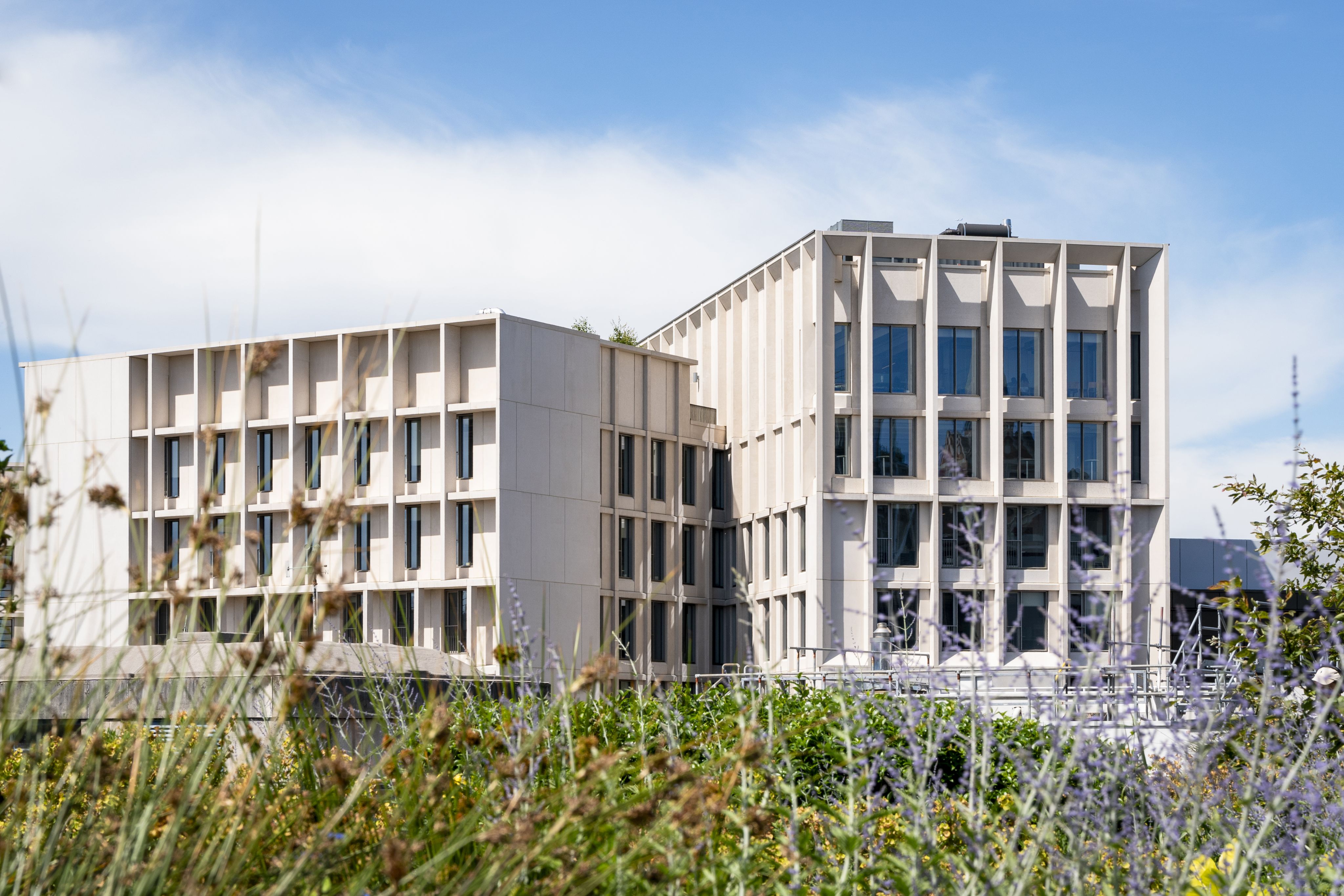
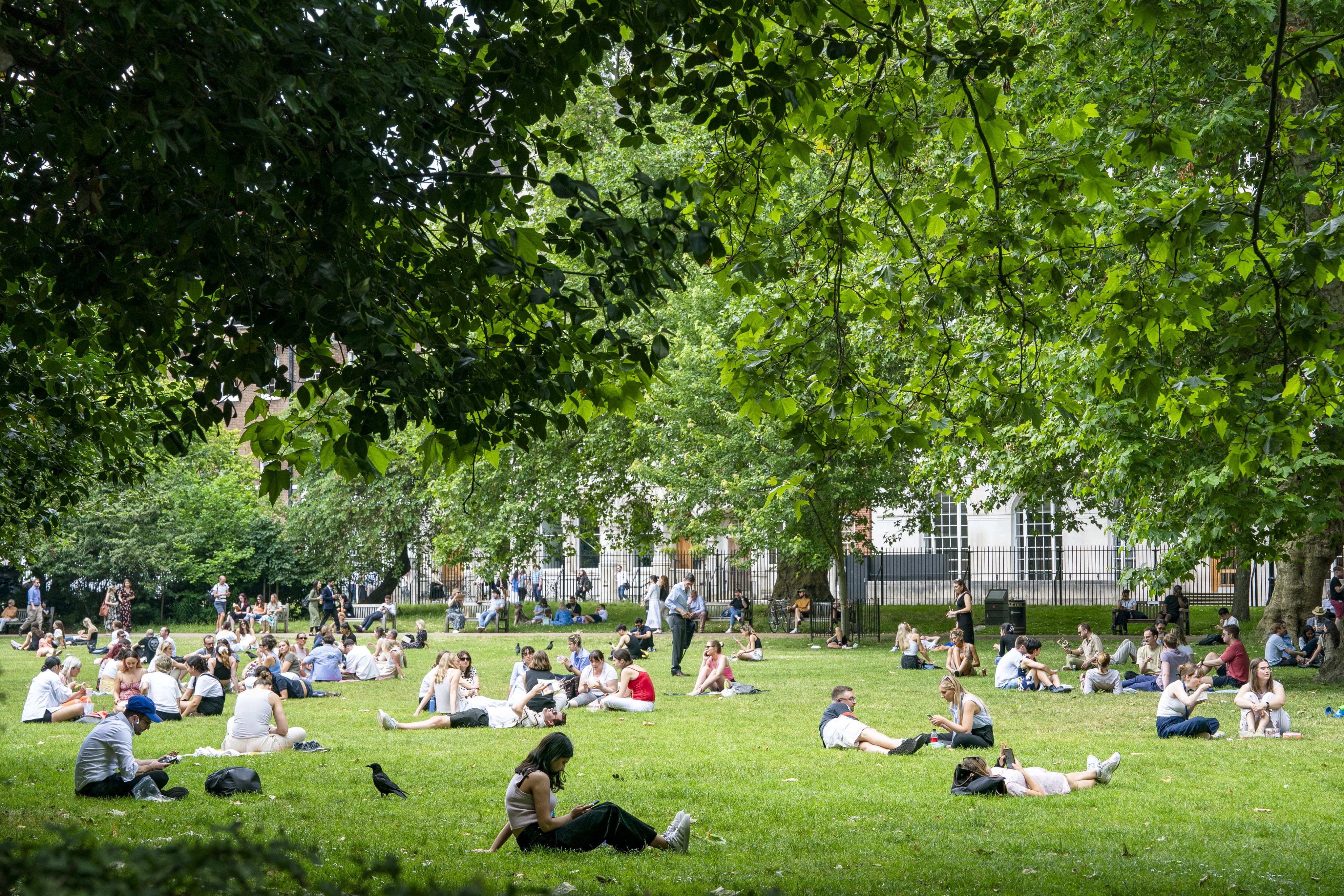
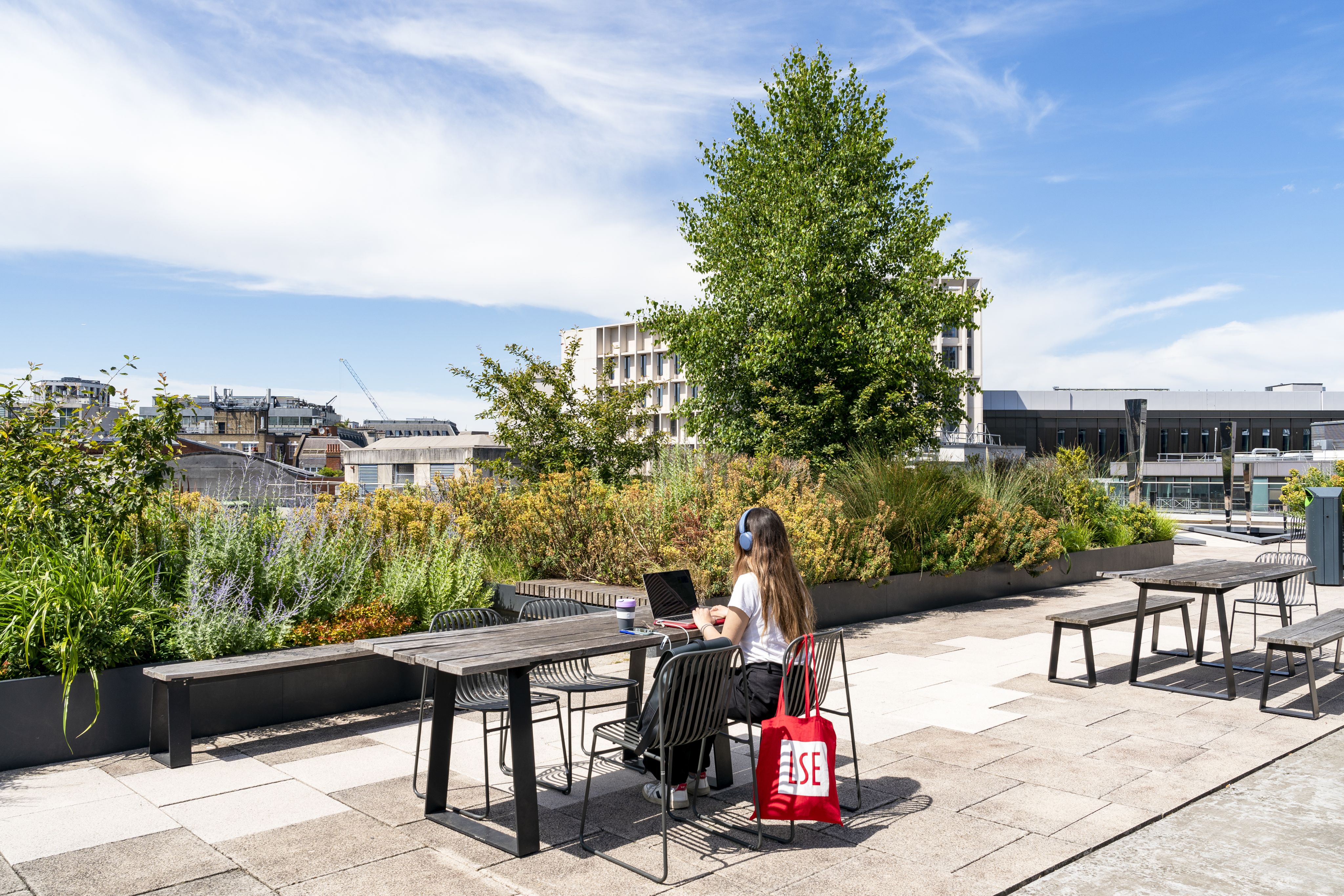
A Global School of Sustainability to shape a brighter future
Our new Global School of Sustainability will advance LSE’s global efforts to shape a brighter future for all that is sustainable, resilient, hopeful, prosperous and inclusive.
Launched in January of this year, the Global School of Sustainability is positioned to become a centre of expertise, informing policy, helping to rapidly and equitably create the economic growth, social inclusion and environmental protections crucial to ensuring a sustainable future, while convening global experts and training the future generation of leaders.
The idea for the Global School of Sustainability was conceptualised by Professor Lord Nicholas Stern and global green tech entrepreneur and LSE alumnus Lei Zhang (MSc Operational Research 2002).
It will build on and complement the pathbreaking work of the Grantham Research Institute for Climate Change and the Environment and existing outstanding contributions from academic departments and researchers across LSE.
Designed to deliver immediate and long-term impact, the Global School of Sustainability will:
- Pioneer innovative research addressing five key challenges for policymakers.
- Accelerate innovative research projects across LSE through a Global Sustainability Research Fund.
- Train future leaders through scholarship support available to students from around the world.
- Act as a powerful convening body, developing the local, national and international networks necessary to drive impactful change.
The world is on an unsustainable path of growth and development. There is a real urgency to act to avoid the immense risks we face and there are great opportunities in a new and different path. But the challenges of creating that new way are difficult and deep.
LSE is surely the right place for the crucial academic work and policy analysis to take place. We are very grateful for the vision and generosity of Lei Zhang that enables us to embark on this new School.
Professor Lord Nicholas Stern
Inaugural Chair of the Global School of Sustainability
The Global School is founded to solve complex global sustainability issues through policy innovation. Alongside extensive support for sustainability work at LSE from numerous donors and funders over the past two decades, LSE alumnus Lei Zhang (MSc Operational Research 2002) has made an initial commitment of £25 million to advance the establishment of the Global School.
I believe that social policy innovation is critical for us to collectively reach net zero. The Global School of Sustainability will accelerate and advance research in this area to foster a greener and more responsible world.
Lei Zhang
(MSc Operational Research 2002)
Co-founder, Global School of Sustainability
Harnessing the power of independent experts for a sustainable future
LSE alumna Darshini Waibel shares her sustainability story
With 20 years of experience in a policy-oriented career, Darshini Waibel (BSc Economics 2002 and MSc Economics 2004) has seen the evolution of sustainability policy firsthand. After starting her own independent practice, Darshini soon realised sustainability requires a systemic approach and her idea for a senior expert ecosystem was born.
I work in sustainability because I care deeply about the natural ecosystem we live in and want to protect it for the next generation. Most importantly, I care about the people behind the sustainability transition. It is essential that we tackle the social and environmental challenges of the day because the cost of inaction keeps escalating.
I started my professional sustainability journey at UBS in 2014, when I was covering the emerging trends in sustainability regulation after the Paris Agreement. I was then a Public Policy Advisor for the CEO’s office. My role was to monitor, analyse and advise on the future sustainability and financial regulation.
After I moved to Vienna and turned to independent practice in 2019, I quickly realised that no sustainability entrepreneur can work alone. Sustainability requires a systemic approach across a range of disciplines. In Europe, since 2018, the EU Green Deal has introduced a vast package of new laws to accelerate the sustainability transition. The policy landscape keeps shifting this year with a move to simplify the regulations. I decided I wanted to create an expert ecosystem to navigate and accelerate the sustainability transition and Greenpertise was born.
Greenpertise is a new senior expert ecosystem for sustainability that simplifies the search for independent experts in the field. We value the education and experience of our senior experts. Typically, they have more than 15 years’ experience. We vet, coach and match them with client projects that suit their skills and values.
I founded Greenpertise in 2024, with the help of a pre-seed grant from an Austrian government funding agency, Austria Wirtschaftservice. I am passionate about nurturing talent and I am very keen to support the hidden individual champions behind the sustainability transition. I leverage my strengths in research, design and advocacy and I am guided by my values in fairness, collaboration and lifelong learning
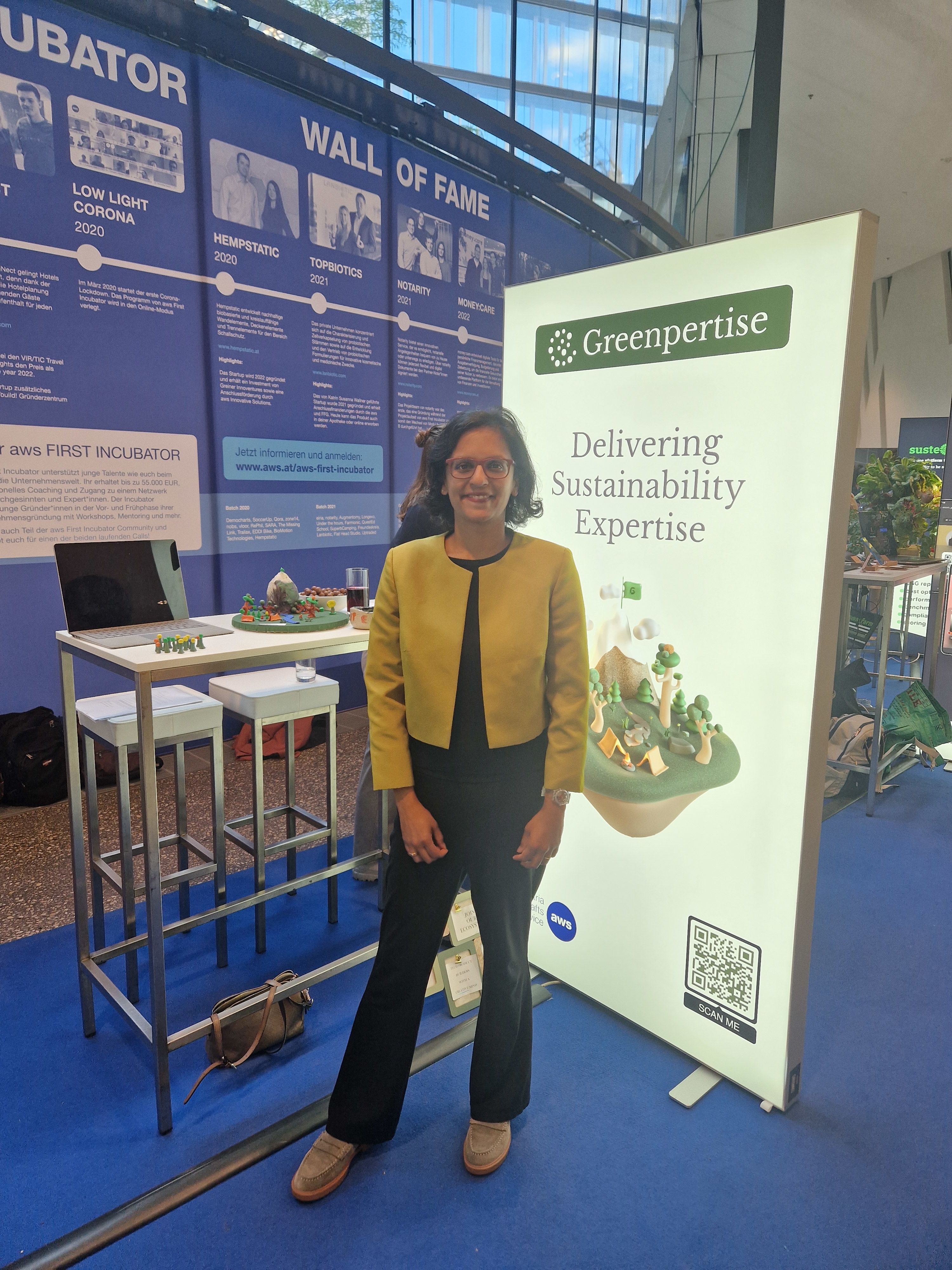
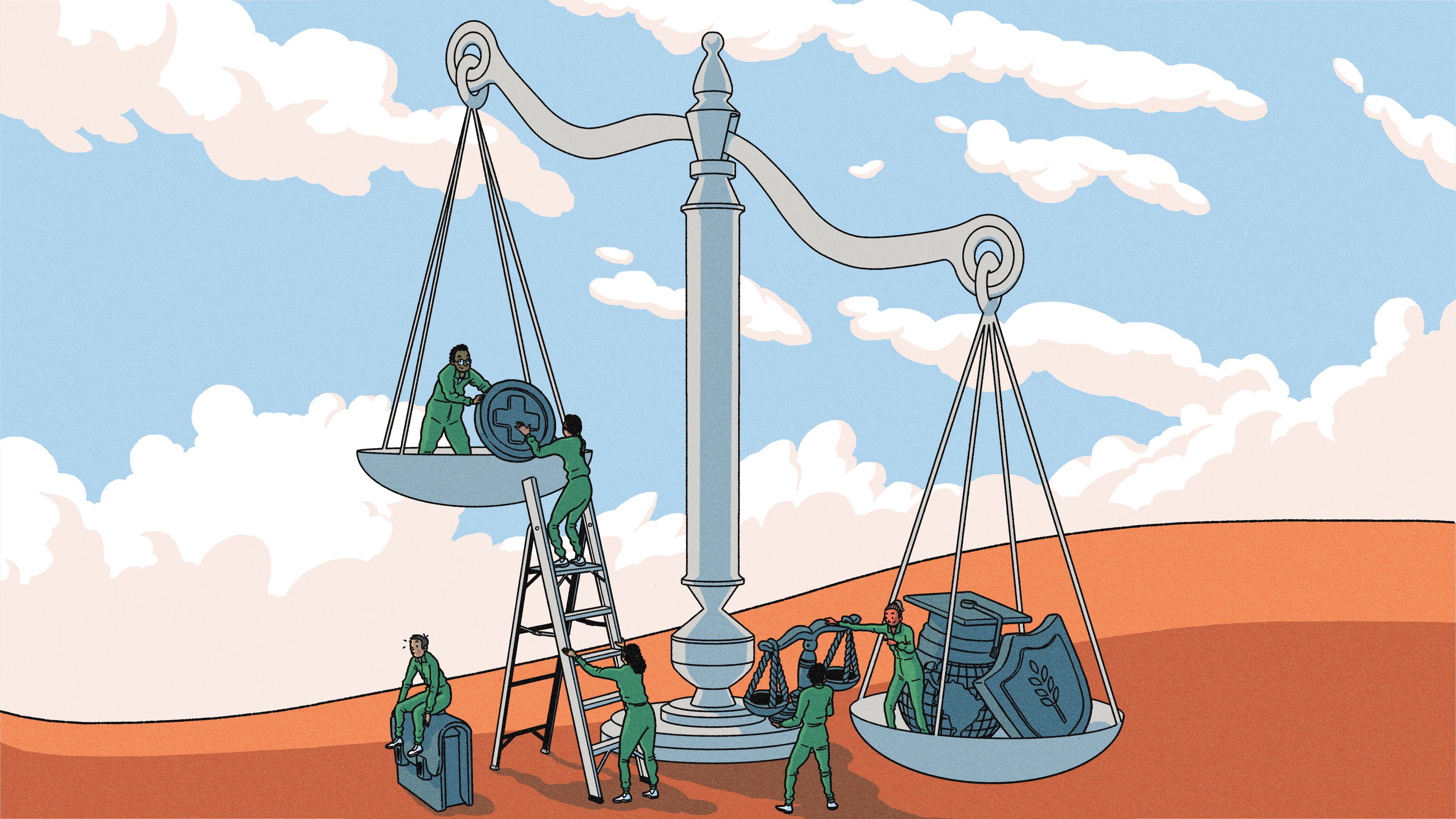

Inequalities
In nearly any measure of the things which might broadly be said to determine the quality of life of an individual or a society – financial wealth, education, housing, healthcare, income, and so on – we find massive and pervasive inequalities within and between communities around the world.
Inequality is interconnected with the global challenges LSE seeks to address: the inequalities of wealth and opportunity inherent in our political economy, the disproportionate impacts of climate change on developing and low-income nations, the unequal distribution of influence and power within our democratic institutions and the uneven impact of the benefits and risks posed by technological innovation.
Can we create a society that tends toward fairness and inclusion as we seek to address the most pressing challenges of our time? With your help, LSE is leading the effort to do just that.
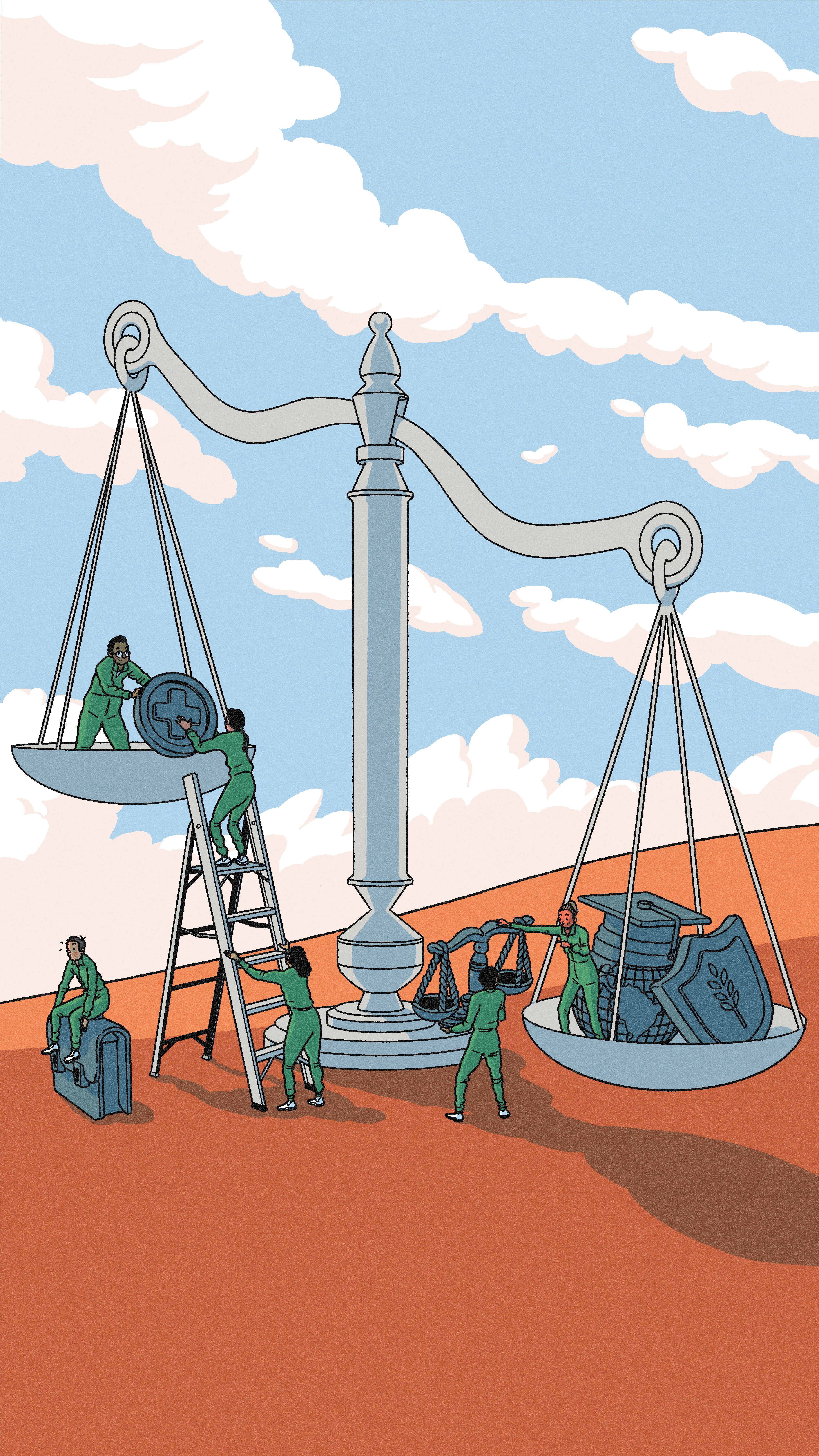

Inequalities
In nearly any measure of the things which might broadly be said to determine the quality of life of an individual or a society – financial wealth, education, housing, healthcare, income, and so on – we find massive and pervasive inequalities within and between communities around the world.
Inequality is interconnected with the global challenges LSE seeks to address: the inequalities of wealth and opportunity inherent in our political economy, the disproportionate impacts of climate change on developing and low-income nations, the unequal distribution of influence and power within our democratic institutions and the uneven impact of the benefits and risks posed by technological innovation.
Can we create a society that tends toward fairness and inclusion as we seek to address the most pressing challenges of our time? With your help, LSE is leading the effort to do just that.
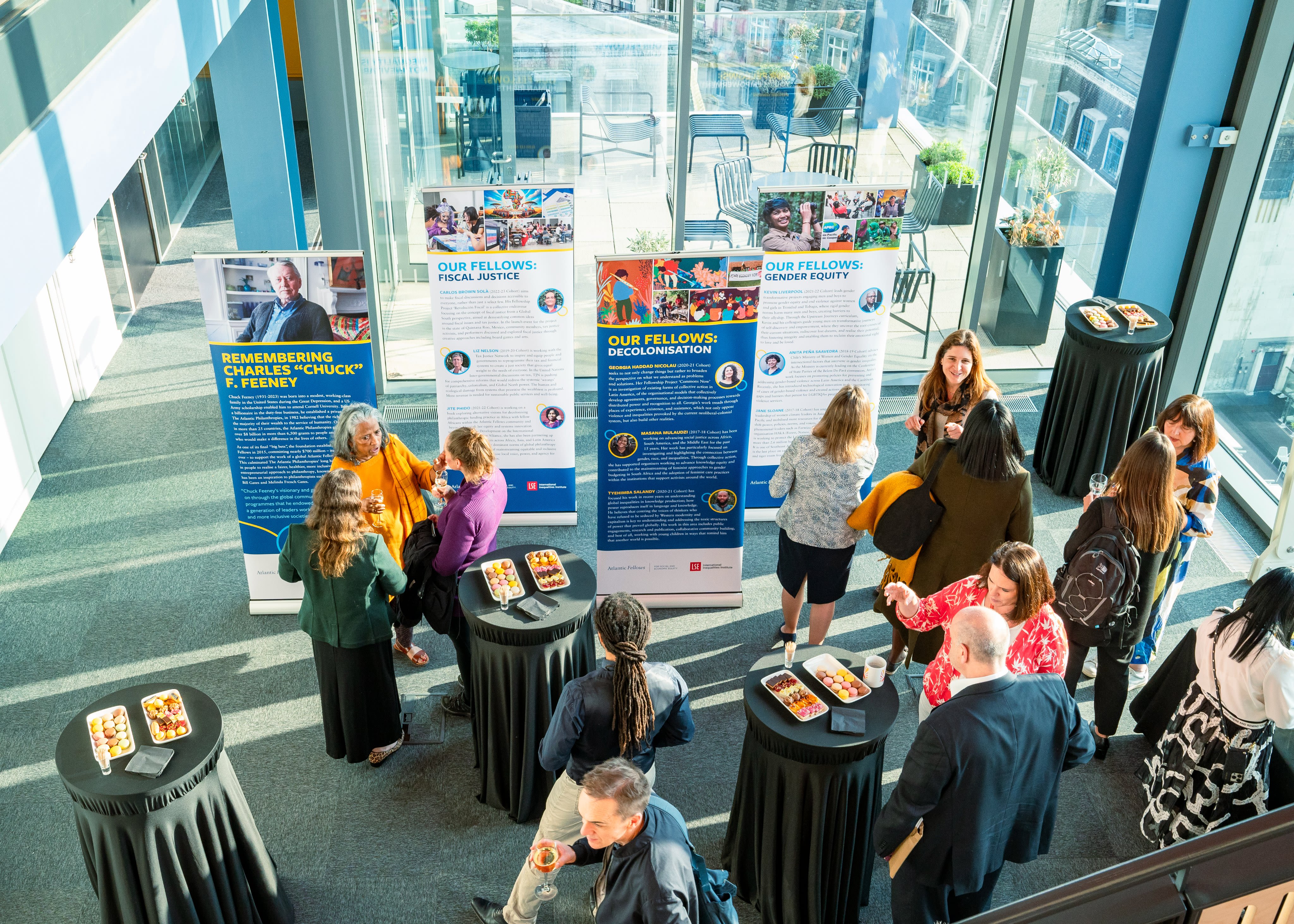
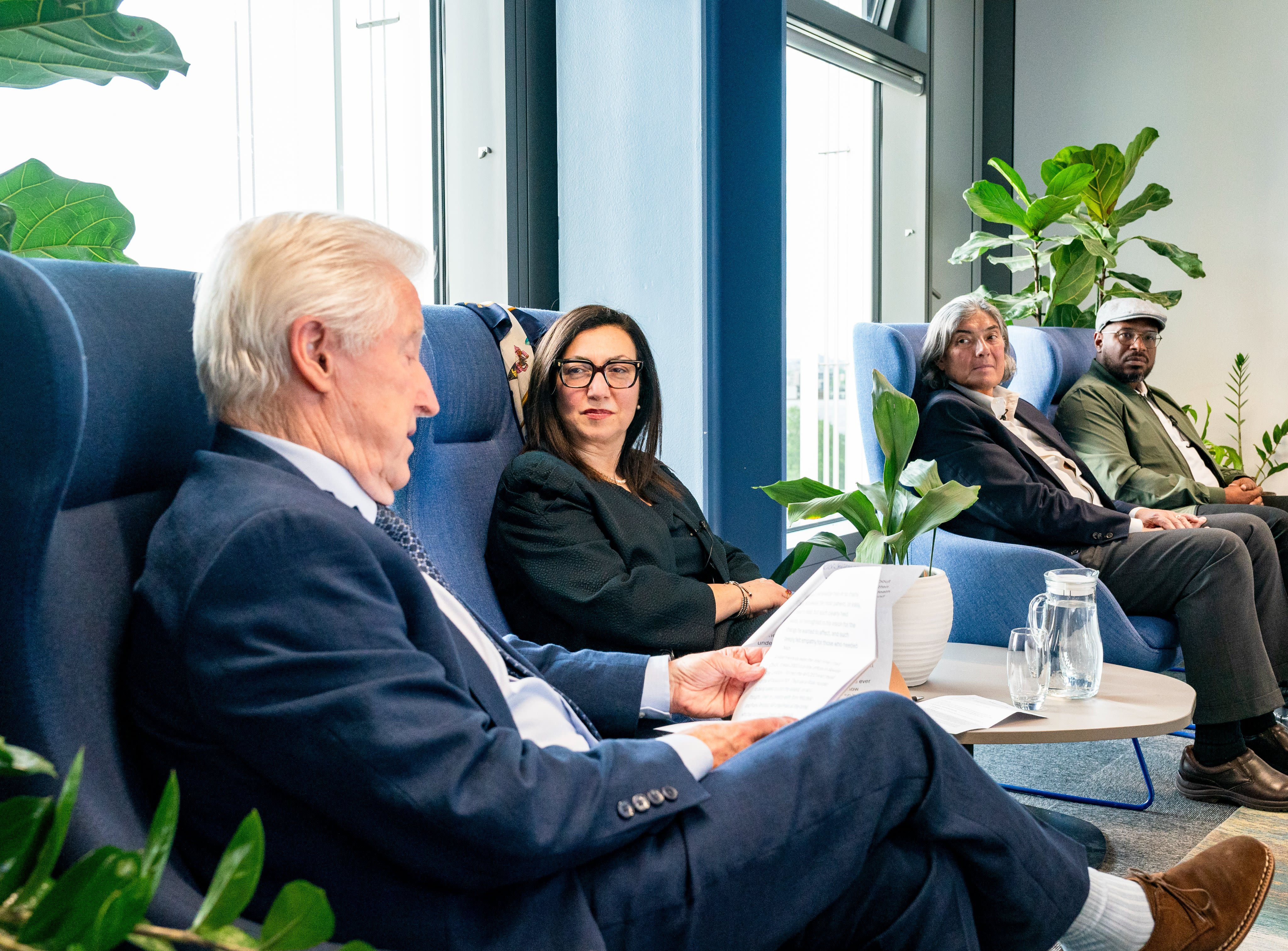
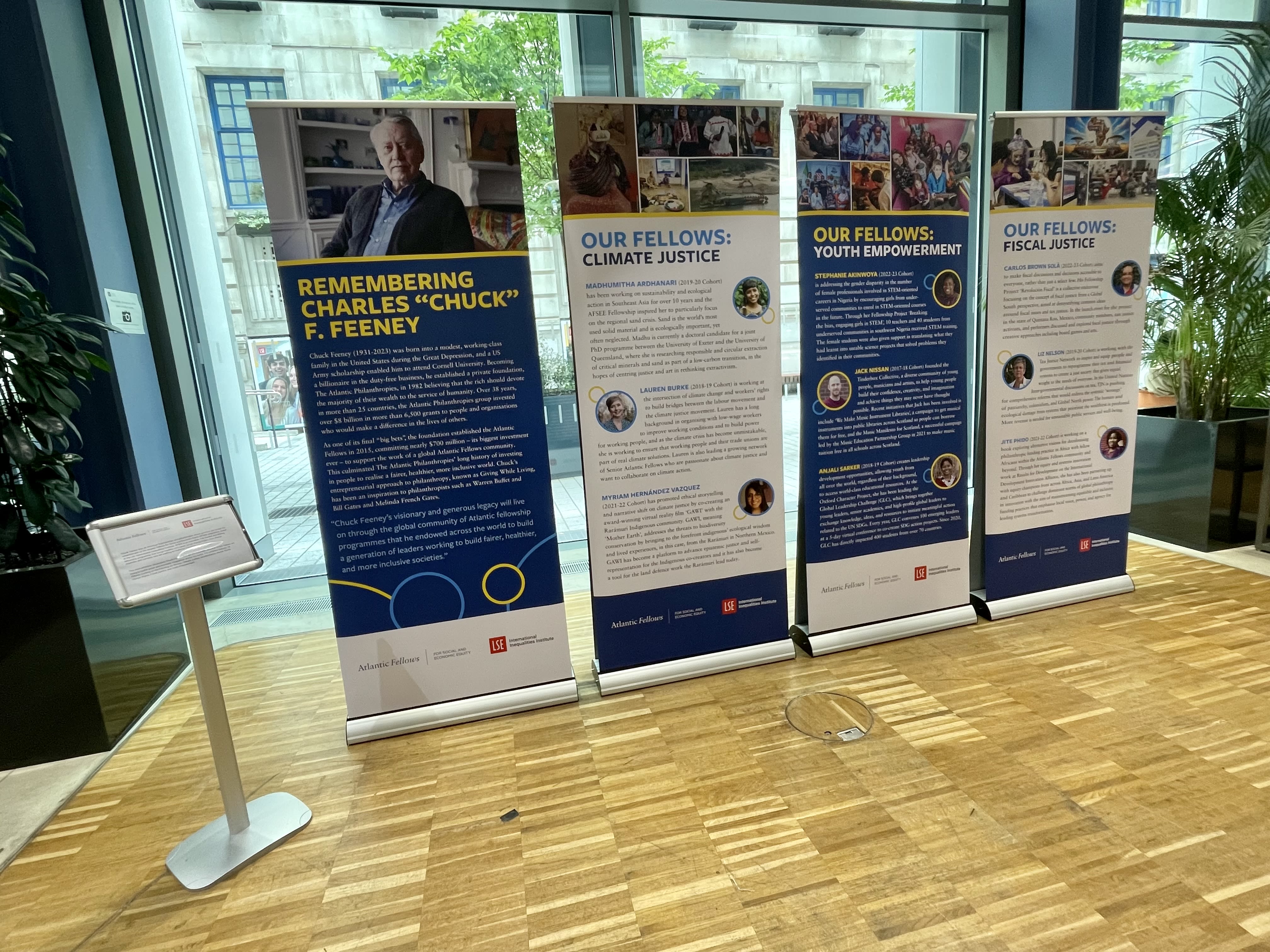
Celebrating Chuck Feeney and the inspirational work of the AFSEE Fellows
Thanks to the generosity of the late businessman and philanthropist Charles "Chuck" F. Feeney, LSE has offered the Atlantic Fellows for Social and Economic Equity (AFSEE) programme since 2017.
Chuck founded The Atlantic Philanthropies in 1982 with the aim of advancing opportunity and promoting equity and dignity for people around the world. After more than 30 years of philanthropic activity, the organisation made a last round of grants in 2016, which it referred to as its "final big bets to address 21st century problems and produce lasting results."
Among other initiatives, these final grants established seven interconnected Atlantic Fellows programmes at universities around the world, each organised around a specific global challenge. The AFSEE programme was founded to support over 400 activists, policymakers, practitioners and researchers from the Global South and Global North, who are dedicated to working towards social and economic justice for all.
Chuck Feeney's visionary and generous legacy will live on through the global community of Atlantic fellowship programmes that he endowed across the world to build a generation of leaders working to build fairer, healthier, and more inclusive societies.
Dr Claire Gordon
Chair of AFSEE Governing Board
In celebration of Chuck’s legacy and the extraordinary work of AFSEE Fellows, an exhibition was on display at LSE during 2024, showcasing the commitment of 18 Fellows in addressing key global issues. The exhibition included Fellow profiles under the following themes: Climate Justice, Decolonisation, Fiscal Justice, Gender Equity, Human Rights and Youth Empowerment.
As someone coming from a small island, my being part of the AFSEE community reflects the global reach of Chuck Feeney's legacy, demonstrating that it touches all parts of our world and ensures every voice matters. Celebrating this legacy in May 2024 alongside other fellows, friends, and supporters was truly an honour.
Kevin Liverpool
(AFSEE Fellow 2021/22)
Shaping the World through Volunteering: Ethnic Minority Mentoring Scheme
The LSE Students’ Union (LSESU)’s Ethnic Minority Mentoring Scheme (formerly known as the BME Mentoring Scheme) is just one of the many ways in which our alumni are helping to shape our community.
The scheme provides a structured programme of mentorship through which Black and Minority Ethnic (BME) students at the School can receive advice and guidance for their personal, academic and professional development.
A total of 619 alumni took part as mentors between the scheme's launch in 2018 and the end of 2024, generously providing more than 7,762 volunteering hours in support of ethnic minority students at LSE.
LSE alumni and students are matched based on a range of characteristics and preferences. Once connected, mentors and mentees meet regularly and receive additional support from LSESU staff, including training and opportunities to meet others participating in the scheme at events and networking sessions. The programme provides a great experience for both mentors and mentees, with many opportunities to learn and grow.
LSE alumna Anshu Choudhary (MSC International Social and Public Policy 2020)
LSE alumna Anshu Choudhary (MSC International Social and Public Policy 2020)
LSE alumna Anshu Choudhary (MSc International Social and Public Policy 2020) volunteered for the mentoring scheme as an opportunity to develop her own skill set, stay connected with LSE and, most importantly, to act as a role model to students who may not previously have had the opportunity to connect with graduates from a similar background.
It's really important to support ethnic minority students, because for them to see what other students and graduates who look like them, and who come from similar backgrounds like them, are doing enables them to relate better to those mentors.
There's so much curiosity in the mentees and they are very cognisant of the fact that the world we live in is marred by different problems. How they use their actions to solve these problems has been quite embedded in their career choices, which has been very inspiring for me to see.
Anshu Choudhary
(MSc International Social and Public Policy 2020)
Learn about Anshu's journey to becoming a mentor to the LSE students following in her footsteps in this short film recorded in June 2024.
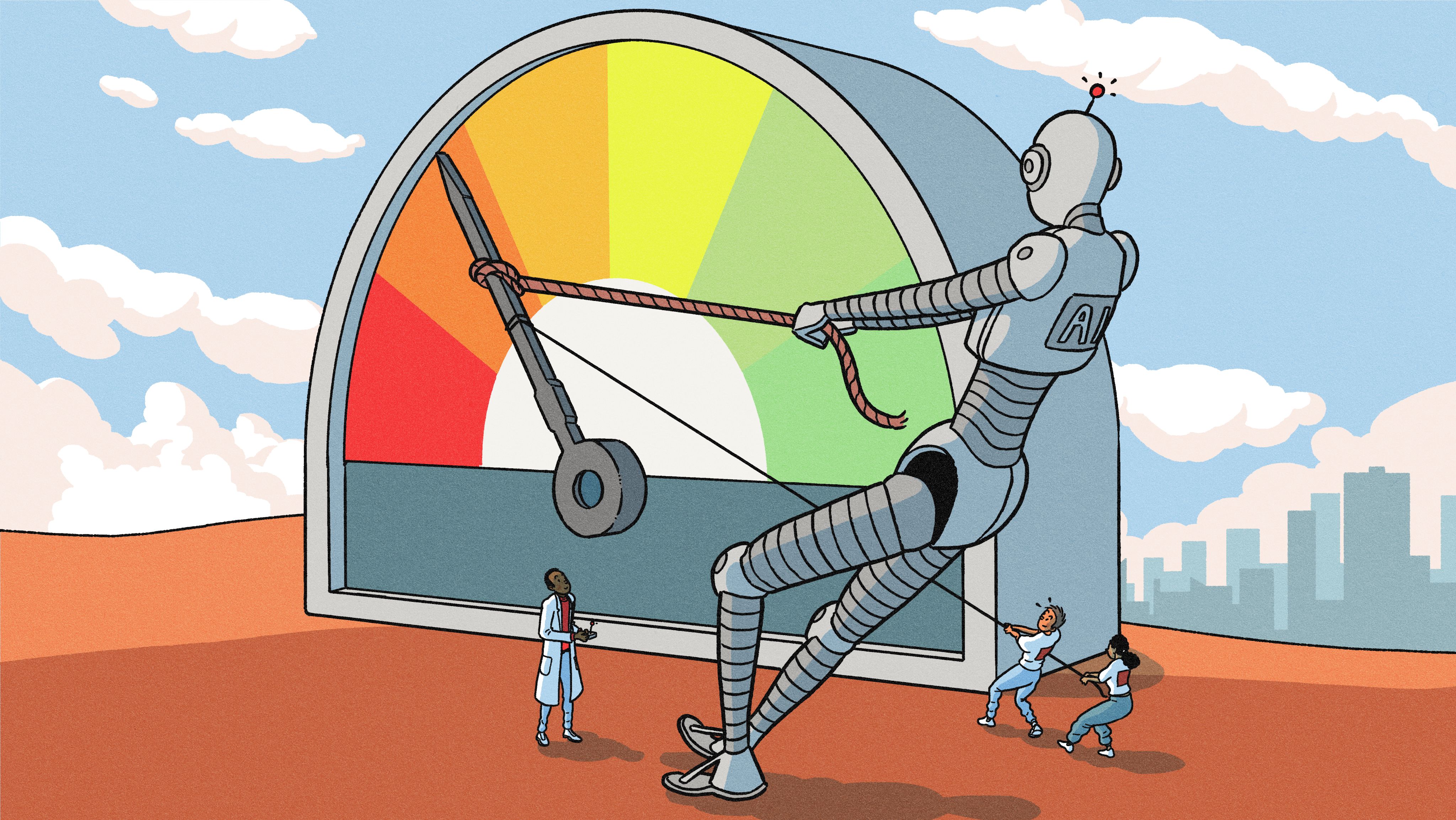

Future Technologies
The past century has been totally unlike any other in human history in terms of technological advancement. Achievements in digital connectivity, robotics and artificial intelligence have already transformed our daily lives completely compared to those of our grandparents, and the pace of technological and social change shows no signs of slowing down.
Future technologies have tremendous potential to improve lives everywhere by making essential tasks easier, safer and more accessible. But they also pose significant new risks, both through use by those with malevolent intentions and through the inadvertent consequences of social and economic disruption.
We must harness new technologies for good while minimising the negative impacts they create. Support for LSE through our Shaping the World Campaign is enabling us to work at the cutting edge of these and other challenges posed by technologies of the future.
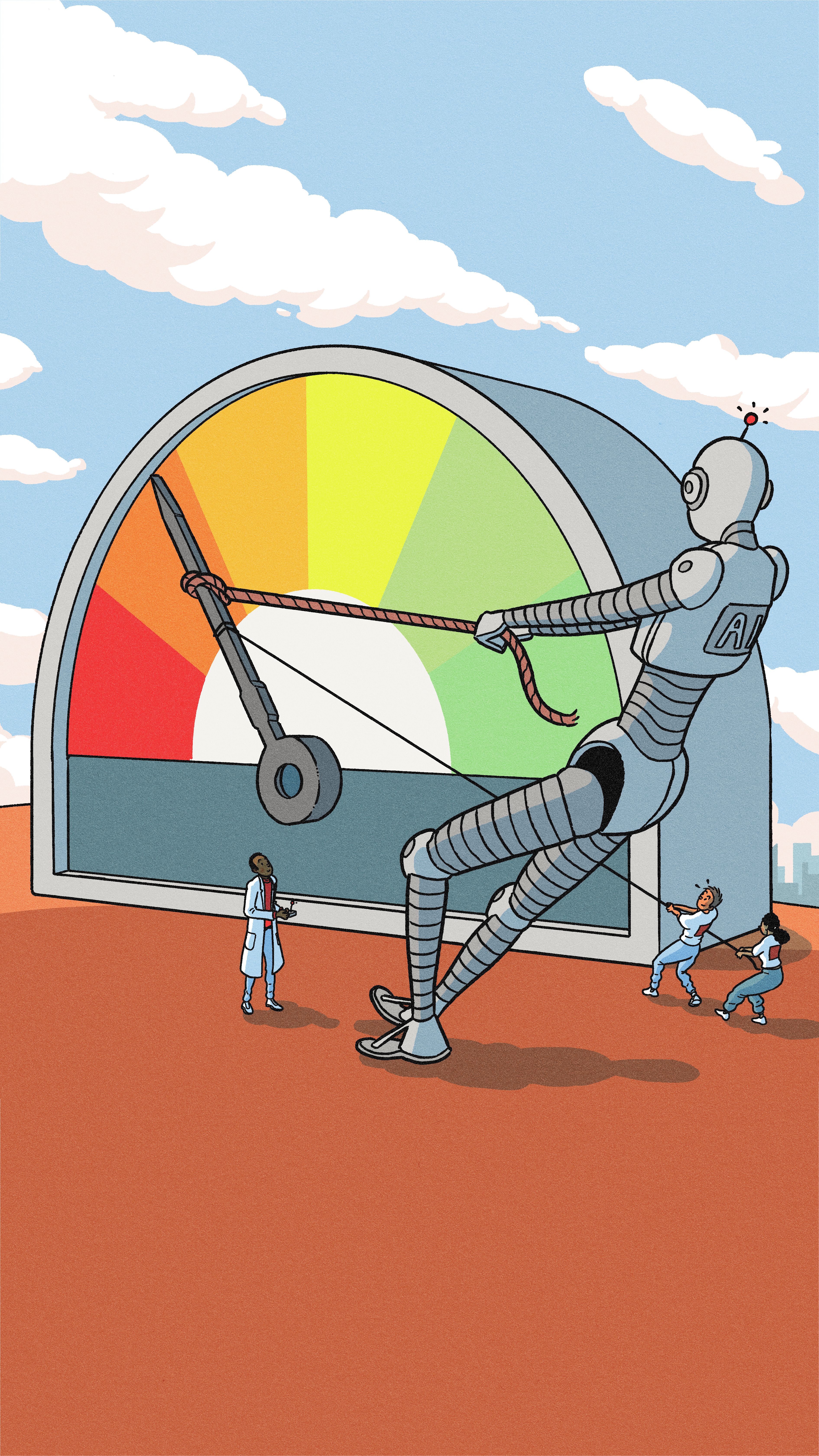

Future Technologies
The past century has been totally unlike any other in human history in terms of technological advancement. Achievements in digital connectivity, robotics and artificial intelligence have already transformed our daily lives completely compared to those of our grandparents, and the pace of technological and social change shows no signs of slowing down.
Future technologies have tremendous potential to improve lives everywhere by making essential tasks easier, safer and more accessible. But they also pose significant new risks, both through use by those with malevolent intentions and through the inadvertent consequences of social and economic disruption.
We must harness new technologies for good while minimising the negative impacts they create. Support for LSE through our Shaping the World Campaign is enabling us to work at the cutting edge of these and other challenges posed by technologies of the future.
Library Digitisation
In the depths of the LSE Library is the Digitisation Suite. This new endeavour was made possible through a philanthropic gift from alumni couple Tim Frost and Alison Rankin Frost in 2022.
The LSE Library hosts a number of important archives and special collections, including the Women’s Library and the Hall Carpenter LGBT Archives. While the Library has been passionate about digitising the collection over the last twenty years, this gift from Tim and Alison has enabled the team to set up a dedicated in-house Digitisation Suite.
Digitising the Library gives everybody with access to the internet the opportunity to get world-class information. It doesn’t limit their education to what they can get geographically.
Alison Rankin Frost
(BA International History 1985)
Since opening in August 2022, the Suite has digitised over 40,000 items, including important collections such as the Urania journal collection, George Lansbury Archives and the Autograph Letter Collection. The Library’s digitised collections were accessed by 50,000 users in 2023 alone, with 53% of traffic coming from outside of the UK.
Thanks to the in-house Suite, the digitisation team can provide services on a scale that was previously impossible. They now offer a free digitisation on demand service for small amounts of material, with over 400 requests completed and 12,000 items digitised since opening in 2022.
Tim and Alison Rankin Frost’s donation has allowed us to embark on an ambitious programme of digitisation, making our unique and distinctive collections freely accessible to a worldwide audience and allowing researchers to engage with our collections in new ways.
Beth Clark
Associate Director, Digital Scholarship and Innovation
Going forward, the Library is planning a long-term schedule for digitisation and exploring new ways to make more collections available online.

Shaping the World through volunteering: AI connects students and alumni across the globe
In November 2021, in launching our Campaign, we called on our global alumni community to volunteer on campus, online and around the world to contribute 100,000 volunteering and advocacy hours. We have already exceeded that number and have an ambitious new goal of reaching 300,000 hours by 2030.
One of the many ways in which alumni can volunteer is through Ask an Alum, an artificial intelligence (AI) led digital tool which enables LSE students and undergraduate offer holders to connect with each other to seek advice on a particular topic – from how to start a career in a specific industry to the best tips for relocating to a new city. The tool uses AI to match questions received via a simple online form to the alumni who are best placed to answer them. Alumni recipients can then choose to share their insight and support directly via email.
LSE alumnae Maddie Diment (MSc Urbanisation and Development 2024, left) and Ria Sen (MSc Media, Communications and Development 2012, right)
LSE alumnae Maddie Diment (MSc Urbanisation and Development 2024, left) and Ria Sen (MSc Media, Communications and Development 2012, right)
Since its launch in 2022, Ask an Alum has facilitated more than 3,600 connections, ranging from responses in a single email to longer-term mentoring relationships such as that of Ria Sen and Maddy Diment. The two connected after Maddy, a student studying for a Master’s in Urbanisation and Development, used the tool to ask for advice navigating careers in the United Nations and the field of sustainability.
After posting her first question on Ask an Alum, Maddy’s query found its way to Ria, Global Preparedness Officer at the United Nations in Rome, sparking a connection that would prove invaluable. Ria – who is a long-standing LSE alumni volunteer – was able to offer practical advice and suggestions drawn from her own experiences and help Maddy navigate the complex web of career opportunities and application processes.
After I spoke with Maddy, I felt a sense of contentment that, as an alumna, I was able to do my little part to give any advice on potentially shaping her journey, and I was happy that she was also able to listen to my thoughts and entertain my feedback, because I think Ask an Alum is about two-way communication.
Ria Sen
(MSc Media, Communications and Development 2012)
The Ask an Alum tool not only provided Maddy with valuable guidance and inspired her to explore diverse career paths with confidence, it also highlighted the generosity and support within the alumni community. This story of is a testament to the enduring value of alumni networks and the transformative impact of tools like Ask an Alum.
To develop your network with fellow alumni, share insights, build knowledge, and spark conversations, you too can use the Ask an Alum tool by visiting ask-an-alum.lse.ac.uk.
Ria and Maddie describe the connection they formed through Ask an Alum in this short film.
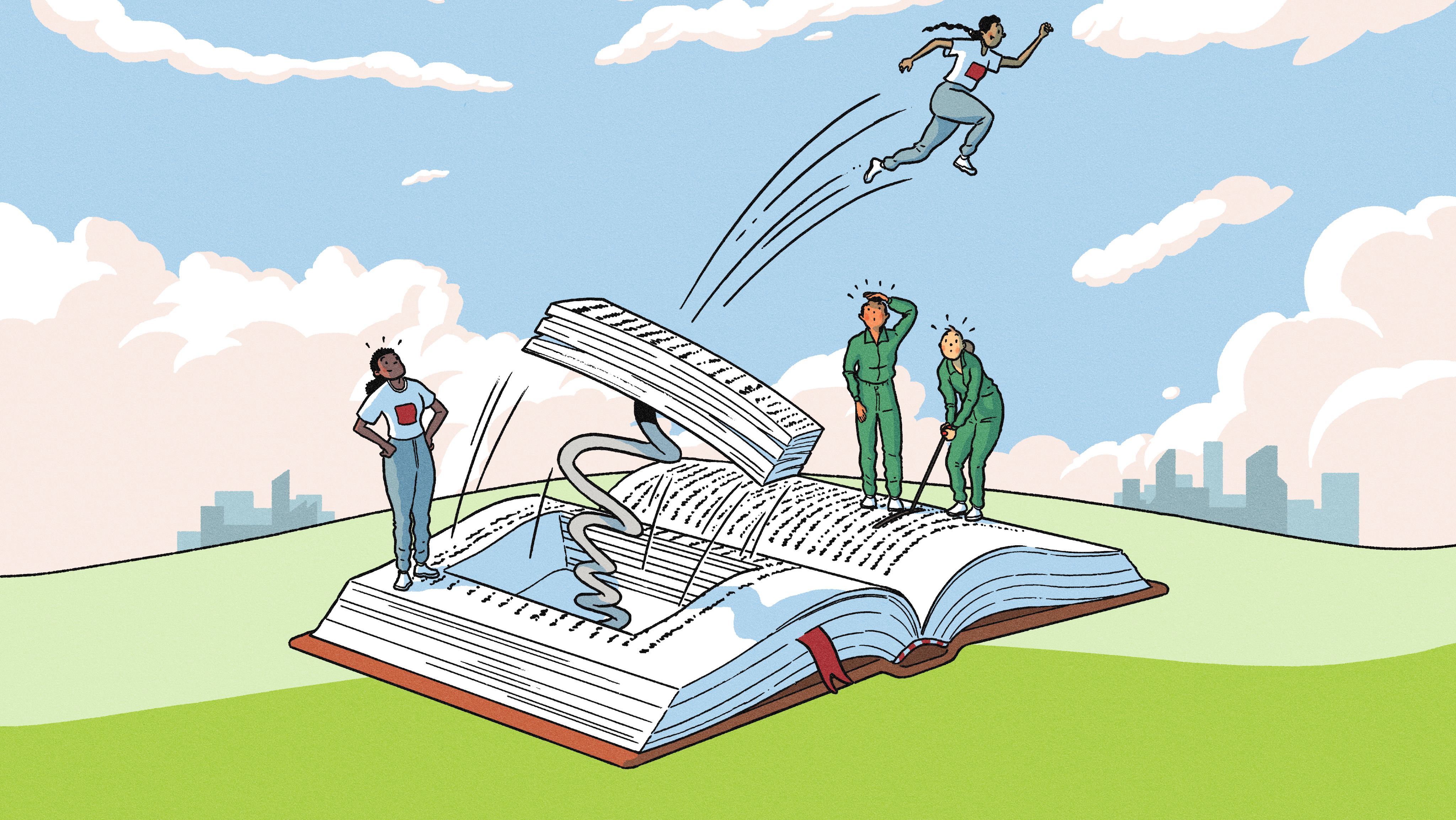

Translation
The complex global challenges described throughout this report – those to which our Shaping the World Campaign pays special attention – are problems that the social sciences are uniquely positioned to understand and solve. At their core, each of them revolves around the ways in which we relate to one another and to the institutions that shape our lives, and their solutions will come from creative, intelligent and innovative reimagining of those relations informed by social science research and scholarship.
Bringing that knowledge to life through real-world impact is a unique challenge in-and-of itself. Translating the ideas and understanding developed at LSE into policies and practices that transform lives for the better is a core part of our ambitious vision for the School as a world-leading voice in the creation of a just, inclusive and sustainable future.
Support from our community is essential for LSE to continue its long history as a trusted partner to leaders and policy makers in creating policy that improves lives and communities around the world.
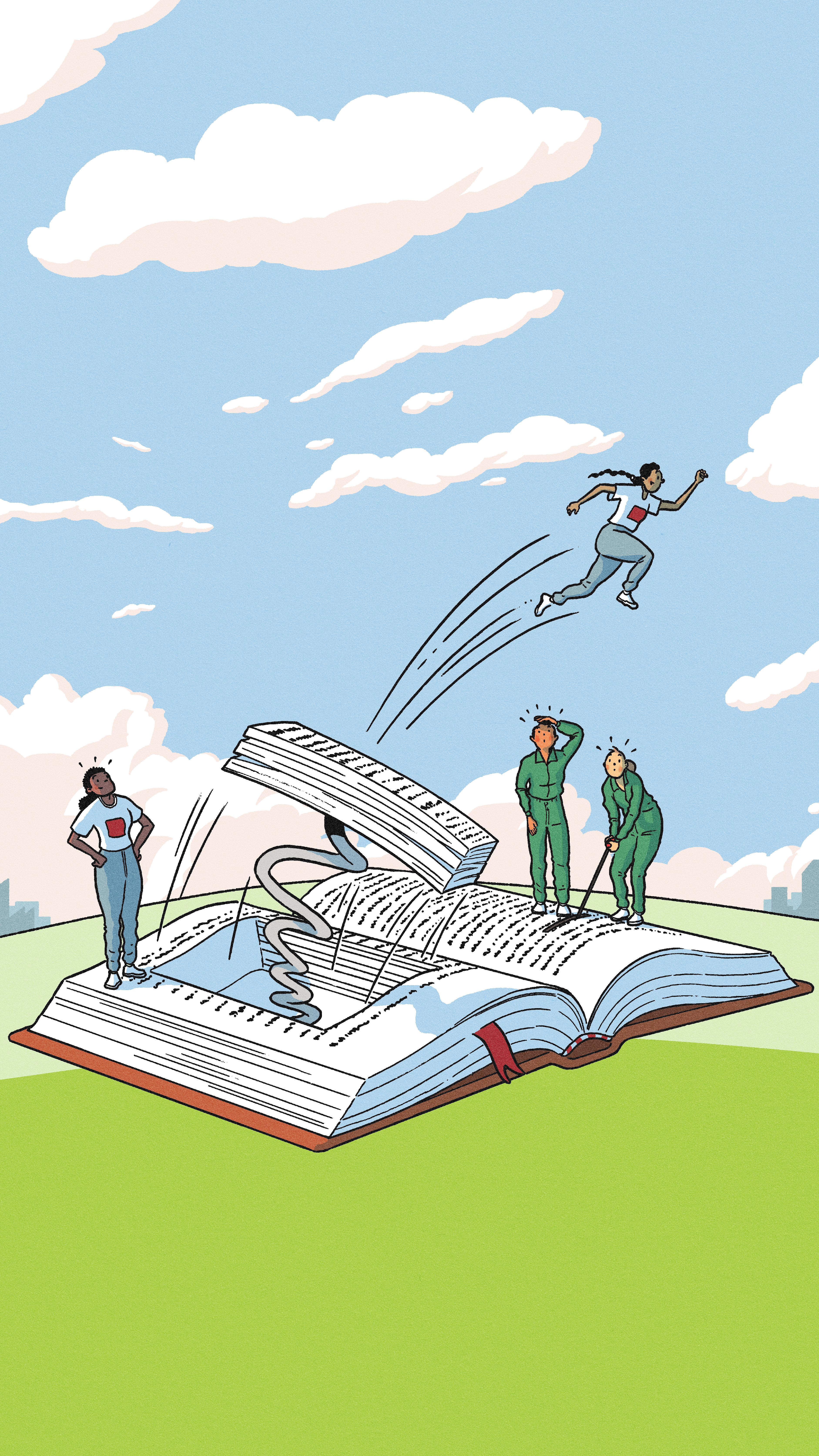

Translation
The complex global challenges described throughout this report – those to which our Shaping the World Campaign pays special attention – are problems that the social sciences are uniquely positioned to understand and solve. At their core, each of them revolves around the ways in which we relate to one another and to the institutions that shape our lives, and their solutions will come from creative, intelligent and innovative reimagining of those relations informed by social science research and scholarship.
Bringing that knowledge to life through real-world impact is a unique challenge in-and-of itself. Translating the ideas and understanding developed at LSE into policies and practices that transform lives for the better is a core part of our ambitious vision for the School as a world-leading voice in the creation of a just, inclusive and sustainable future.
Support from our community is essential for LSE to continue its long history as a trusted partner to leaders and policy makers in creating policy that improves lives and communities around the world.
Advancing Understanding of Policy in Greece and Cyprus
The Hellenic Observatory Centre for Research on Contemporary Greece and Cyprus is one of very few social science research centres in the world dedicated to the study and analysis of these two nations. It aims to advance scholastic understanding of contemporary Greece and Cyprus focused around three clusters – Politics and Geopolitics, Economy and Public Policy, and Society, Identity and Rights.
In the 29 years since it was established, the Hellenic Observatory has served as host to more than 180 scholars, fellows, and visiting researchers. Collectively, the staff of the Observatory have advanced understanding of contemporary Greece and Cyprus through over 100 funded research projects and the creation of hundreds of discussion papers, podcasts, and videos. More than 40,000 visitors have attended events hosted by the Observatory in London, Greece and Cyprus, including public lectures, conferences, book launches and exhibitions.
From 2024-27 the Observatory will focus research and policy work across its clusters on three critical, interdisciplinary themes that connect with the wider global challenges LSE is seeking to address, achieving real world impact in the region and beyond:
1. Gender – new research will examine the position of women in Greece and Cyprus, both domestically and comparatively with other countries around the world.
2. Growth – this area will focus on industrial policy and productivity, as well as the green and digital transitions in Greece and Cyprus.
3. Citizenship – research under this theme will address the influences and consequences of societal attitudes towards areas including civic engagement, migration and the provision of public services like healthcare.
In 2024, thanks to generous contributions from a consortium of dedicated supporters – ranging from corporations and banks to individuals and charitable foundations - a new endowment was created to support the transformation of the Hellenic Observatory into a Research Centre. With an endowed fund now fuelling its long-term commitment to the region, the newly relaunched Observatory is poised to expand on these successes, deepen its connections with decision and policy makers, and grow its influence significantly in the years to come.
The support of our community in establishing the Centre’s endowed fund will equip us with the long-term financial resources to build on what we’ve achieved in the past quarter century to do even more in the coming decades and beyond, furthering not only our educational and public engagement mission but also our mission to promote and develop globally excellent research on Greece and Cyprus across the social sciences.
Our vision for the new Centre blends its rich history with its promising future, and this support makes that possible.
Professor Vassilis Monastiriotis
Director of LSE Centre for Research on Contemporary Greece and Cyprus
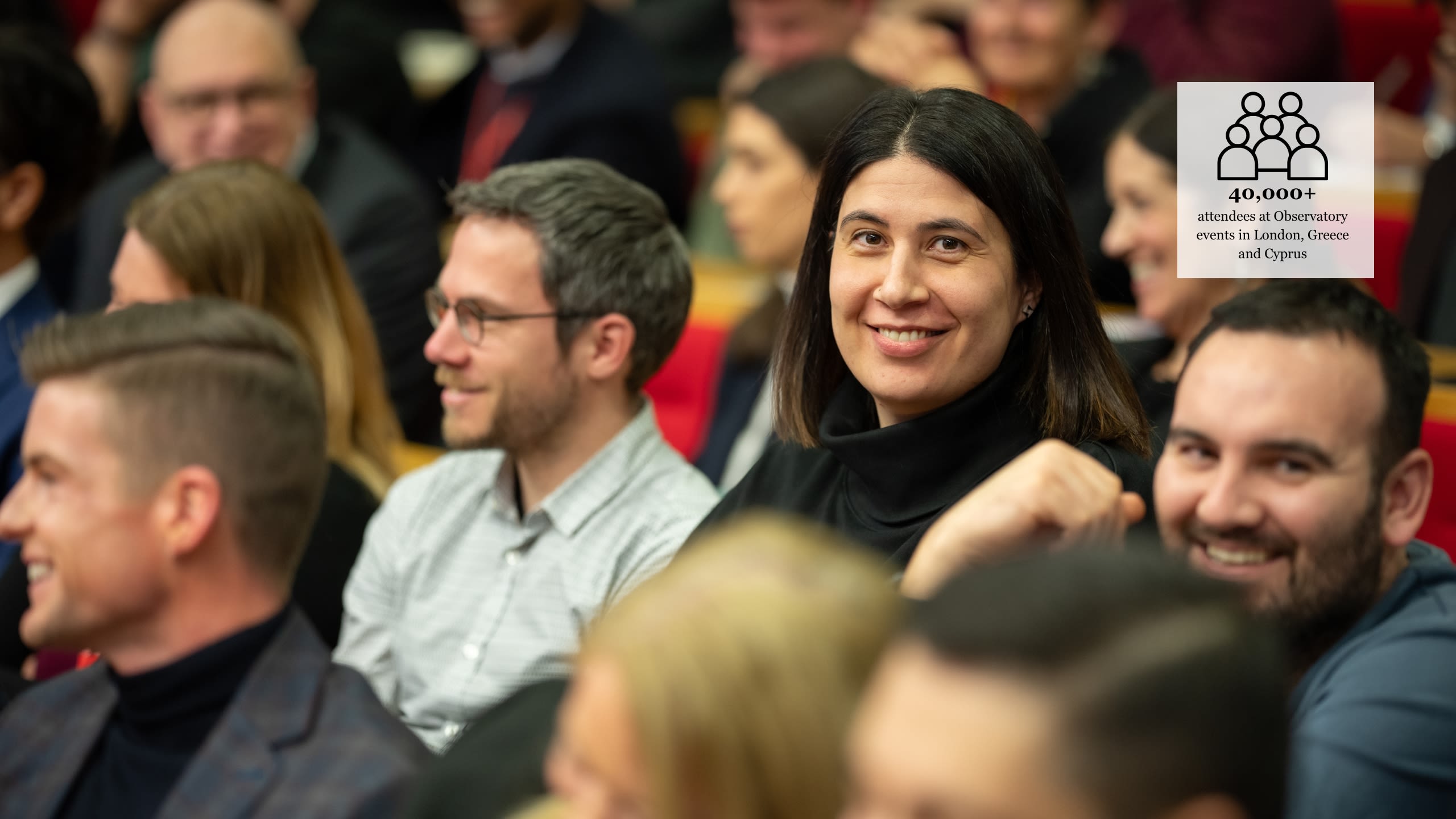
PhD Scholarships Creating a Healthier Future
From a policy perspective, how can we incentivise people to adopt healthy habits and limit harmful ones? Health incentives policies aim to do just that by offering benefits to participants that engage in habits most likely to promote positive long-term health outcomes. Incentives can include cash benefits, discounts on goods and services, and more.
Kay-Leigh Sussman, a PhD student in the Department of Health Policy, is working to better understand how to effectively incorporate incentives into health policy to encourage positive habits and improve health outcomes throughout society.
Developing effective health incentives policies requires not only a medical understanding of the impact of various habitual behaviours on long-term health, but also a firm grasp on the psychology and behavioural science that underlies decision making and habit formation. It also benefits greatly from a robust dataset that enables researchers to analyse trends, test hypotheses and find out what effect various incentive programmes have on people’s long-term health.
The LSE Vitality Behavioural Health Incentives Programme is a partnership between LSE, health insurance provider Vitality UK and South Africa’s Discovery Group that seeks to understand the long-term impact of behavioural incentives on health habits and outcomes. Through the programme, Vitality expands the scope of health incentives research at LSE by funding postdoctoral positions and PhDs like Kay-Leigh’s.
The current healthcare space is largely looking at treating sick people, and so in that way we have a very reactive system. But if we could shift it towards more proactive healthcare, keeping people healthy and preventing them from getting sick and needing that healthcare, we could unburden the healthcare systems and reduce the demand.
That would feed into getting people and society healthier, which in turn would have incredibly positive welfare effects that spill over into all areas of the economy and society as a whole.
Kay-Leigh Sussman
(PhD Health Policy and Health Economics)
Collaborative work between Vitality and LSE researchers including Kay-Leigh has already borne fruit in the form of The Habit Index, a joint research publication utilising data provided by Vitality representing the health habits and behaviours of over 1 million individuals. The study concluded that, if adopted by enough people, an increase in low-impact healthy behaviours such as walking 5,000 steps three times per week would lead not only to improved health for individuals but also billions in savings for health systems like the NHS.
Learn more about Kay-Leigh and her research in this short film.
Each year, the Alumni and Friends of LSE in the US (AFLSE) provide at least one scholarship to an American student pursuing a graduate degree at LSE. With support from over 400 alumni, the AFLSE Scholarship Endowment Fund has now reached its $1.5 million goal to permanently endow the scholarship.
Destiny Muller, 2024/25 AFLSE Scholar, is among the many scholars studying at LSE who hope to go on to shape public policy in the future.
I am so beyond grateful for the opportunity that’s been given to me, and I want to pay it forward one day and help make the world a better place.
Destiny Muller
(MSc Political Sociology 2025)
Destiny Muller (MSc Political Sociology 2025, AFLSE Scholar)
Destiny Muller (MSc Political Sociology 2025, AFLSE Scholar)
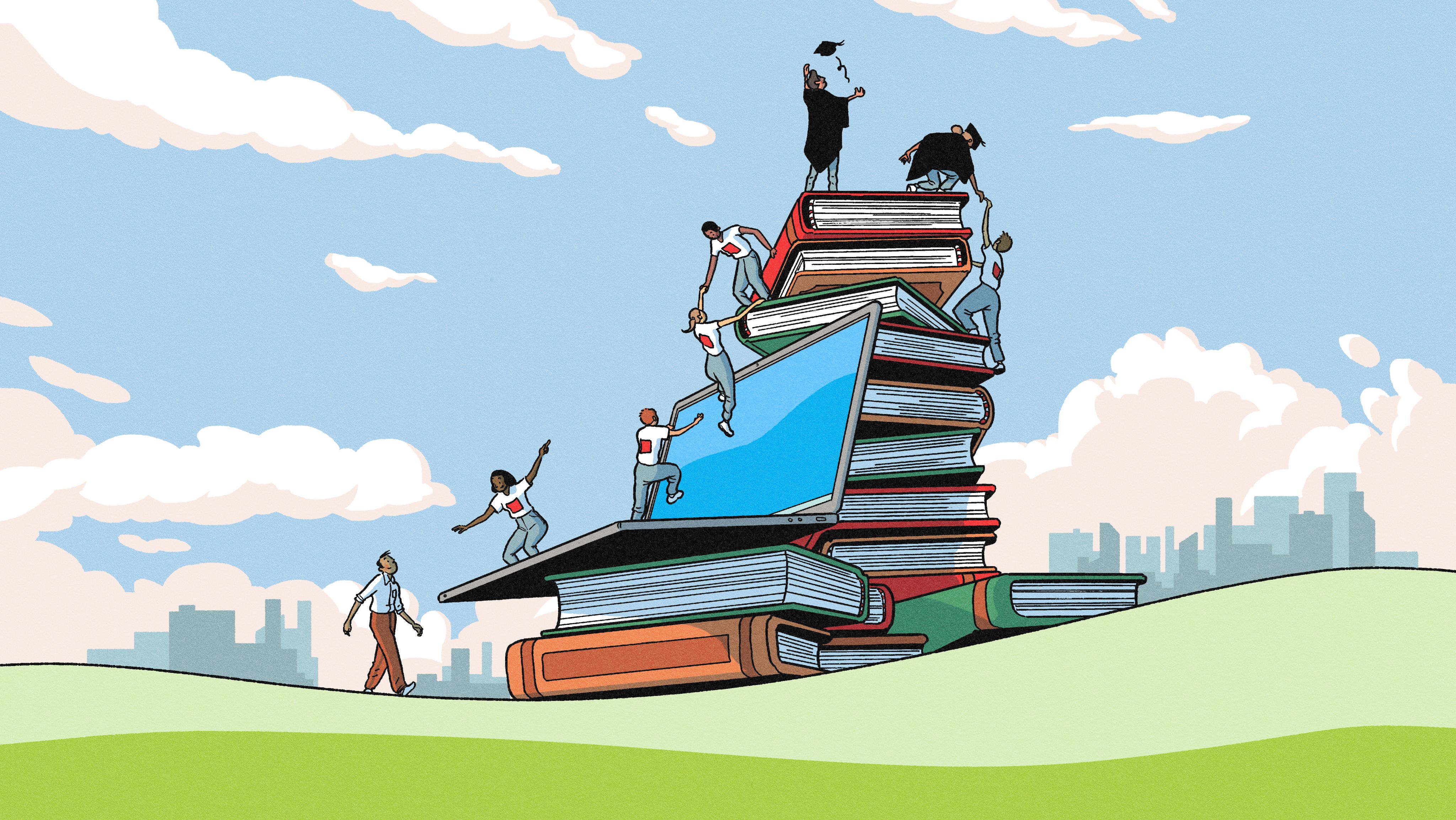

Student Support
Developing an informed understanding of the challenges explored throughout this report and finding innovative solutions for them requires capable and passionate future generations to implement those changes. LSE students come from all over the world, driven by curiosity and ambition to pursue subjects fundamental to transforming the world for the better. Many of the leaders of tomorrow are studying at LSE today.
By enabling scholarships, offering hardship funding and fueling innovative programmes, supporters of our Shaping the World Campaign are helping to widen participation and creating opportunities for current and future LSE students to realise their potential and create lasting change in communities across the globe.
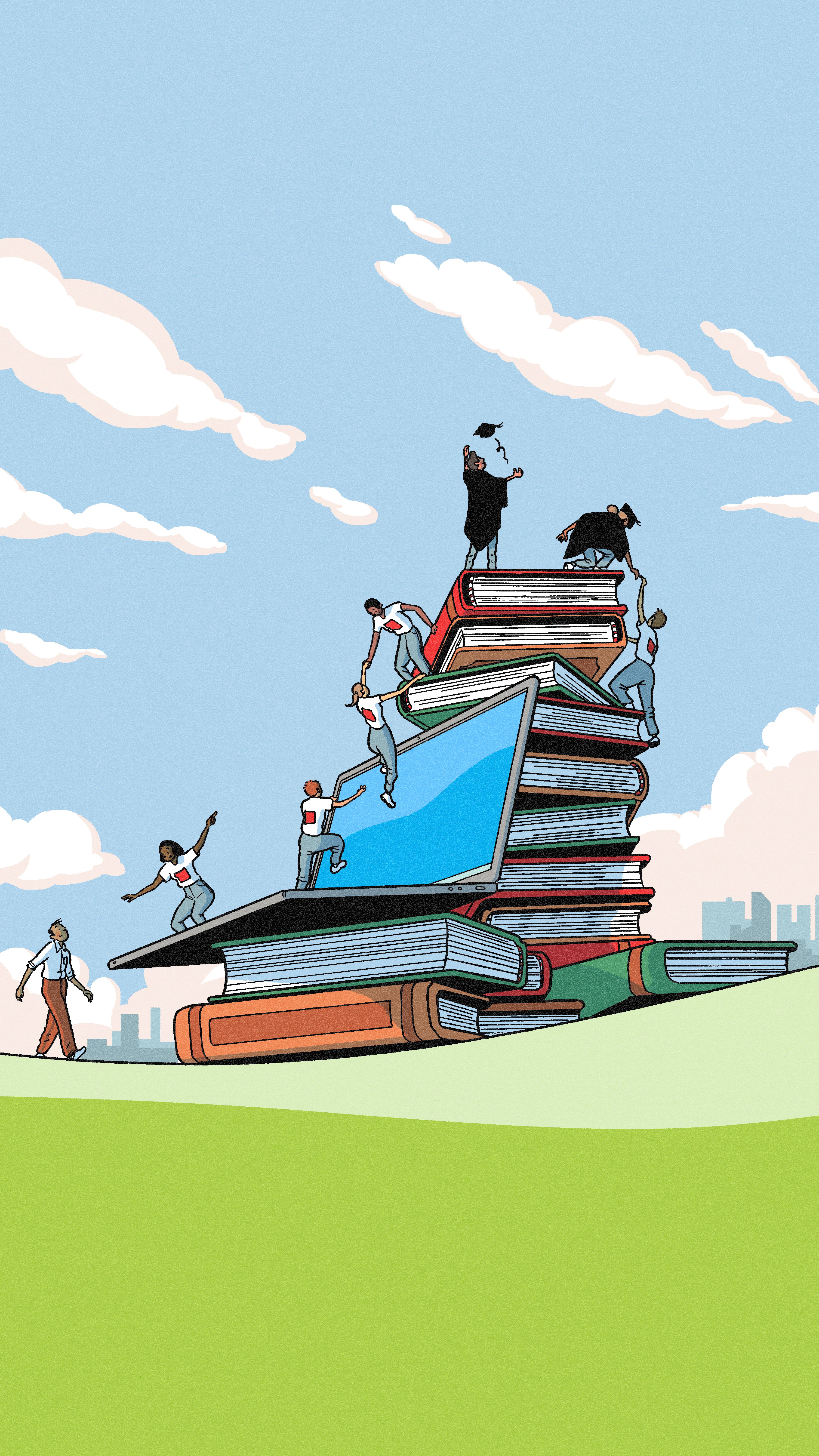

Student Support
Developing an informed understanding of the challenges explored throughout this report and finding innovative solutions for them requires capable and passionate future generations to implement those changes. LSE students come from all over the world, driven by curiosity and ambition to pursue subjects fundamental to transforming the world for the better. Many of the leaders of tomorrow are studying at LSE today.
By enabling scholarships, offering hardship funding and fueling innovative programmes, supporters of our Shaping the World Campaign are helping to widen participation and creating opportunities for current and future LSE students to realise their potential and create lasting change in communities across the globe.
Transforming the lives of talented students
The past few years have been turbulent for many. The ripple effects of the pandemic, the profound impact of conflict and wars, and growing global inequality compounded by sharp increases in the cost of living mean that demand from our prospective and current students for financial support is at an all-time high.
The collective generosity of our alumni and friends to both the Scholarship Fund and Hardship Fund not only ensures that talented students can take up their place at LSE but also provides crucial protection against unexpected financial adversity that might otherwise forestall or disrupt their studies. Thank you.
Providing scholarships to those that need them most
Since the start of our Shaping the World Campaign, an incredible £1.45 million has been donated to the Scholarship Fund. Collectively, your generosity has provided 39 students with the gift of a New Futures Fund Scholarship.
These scholarships help undergraduate students such as Vsevolod Martseniuk (LLB Law 2025) to start their LSE journey, ensuring talented students have access to a world-class education regardless of their financial situation. And the impact of a scholarship doesn’t end at graduation.
The students of today become the teachers, economists, policymakers, lawyers, politicians, entrepreneurs and leaders of tomorrow. You are investing in future generations of changemakers, problem solvers and shapers who go on to make our world a better place.
Receiving my scholarship has enabled me to live a normal student life. It has meant I can focus on my studies without having to work multiple jobs to earn money to pay for my education. It has also given me the freedom to participate in extra circular activities, like the Vis Moot, an international competition for law students where I represented LSE.
I wanted to study law because I want to change my home country, Ukraine, and I would like one day to be a diplomat - given the current state of the world, we will need diplomacy more than ever. Thank you for believing in me and my potential.
Vsevolod Martseniuk
(LLB Law 2025)
New Futures Fund Scholarship Recipient 2022-2025
Funding for students in their hour of need
Thanks to alumni and supporters who choose to contribute to the Hardship Fund, £553,000 has been directly awarded to students in their time of need since the start of our Campaign.
Awards ranging from £500 to £4,000 ensure that students like Kohichi Sado (MSc Economic Policy for International Development 2024) have somewhere to turn when they need immediate financial support, preventing students from abandoning their studies due to financial adversity.
When I received my offer in March 2023, I was so excited to start my master’s degree. However, I soon realised that my financial situation was becoming difficult: a sharp drop in the value of the Japanese yen – my home currency – made it increasingly difficult for me to live and study in London when I arrived later that year. As a self-funded student, everyday costs became overwhelming. I was considering deferring or giving up on my studies, until I received hardship funding.
Thanks to your support, I was able to complete all my in-person requirements at LSE and return to Japan. Shortly after, I started working at the United Nations Development Programme (UNDP) Representation Office in Tokyo—a role that connects to my studies and dissertation at LSE. Finally, I successfully graduated with my master’s degree. Thank you so much for enabling me to achieve my goals.
Kohichi Sado
(MSc Economic Policy for International Development 2024)
AKO Masters Scholarship Programme
My interest in human behaviour began when I was very young, where I was told I was very quiet and shy. So, I began a journey to understand myself and what makes humans so different from one another.
The journey of self-discovery that Jerry Badii (MSc Behavioural Science 2025) began in his childhood in Ghana eventually led him to LSE, where – with support from the AKO Masters Scholarship programme – he is pursuing a master’s degree in the Department of Psychological and Behavioural Science.
I chose to pursue [this degree] because I want to gain insight into human behaviour to influence people for a better course.
Jerry Badii
(MSc Behavioural Science 2025)
Jerry is one of 10 students in the inaugural cohort of AKO Masters Scholars at LSE. Beginning in the current 2024/25 academic year, the AKO Masters Scholarship will run for three years and provide 10 scholarships annually to students pursuing any of the Department’s five master’s programmes. Among the goals of the scholarship programme is to create opportunities for students from underrepresented backgrounds, especially from Africa, Latin America and South Asia.
I wouldn't have been able to come here without this help, I wouldn't have been able to pay my fees and all the other expenses that come with studying at LSE. With this scholarship, this burden has been removed and my dream of studying abroad and in one of the top universities has come true.
Jerry Badii
The AKO Masters Scholarship programme is made possible by the generous support of the AKO Foundation, which has supported charitable causes that improve education, promote the arts and mitigate climate problems since it was founded in 2013 by LSE alumnus Nicolai Tangen (MSc Organisational and Social Psychology 2017).
By supporting scholarships in LSE’s Department of Psychological and Behavioural Science, the Foundation aims to support emerging leaders in this field and help broaden the group of candidates that can benefit from the School’s postgraduate programmes.
Rafaela Chiriboga (MSc Behavioural Science 2025), another member of the scholarship’s inaugural cohort, hopes that the skills and insight she gains from her time at LSE can help her contribute to better sustainability policies in her native Ecuador.
I think that it's crucial to think about different ways we can integrate behavioural science into the solution [to sustainability challenges], and to invest in local capacity in the region. I believe that this approach creates an opportunity to understand human behaviour and to bring much more impactful and lasting solutions – for the environment, but also for the people.
I’m thankful because this opportunity represents a very big step in my journey toward my life’s purpose. I'm here to learn and to grow but, especially, to give back.
Rafaela Chiriboga
(MSc Behavioural Science 2025)
Learn more about the paths that have led Jerry and Rafaela to study at LSE and the impacts they hope to make after completing their courses in this short film.
Jerry Badii (MSc Behavioural Science 2025)
Jerry Badii (MSc Behavioural Science 2025)
Rafaela Chiriboga (MSc Behavioural Science 2025)
Rafaela Chiriboga (MSc Behavioural Science 2025)
Shaping the World Through Volunteering: Student Internships
The LSE internship programme supports students with work experience to develop their professional skills, explore career options and build their overall confidence. Alongside this, by offering these internships, organisations and alumni can showcase their commitment to education and social responsibilities, strengthening their employer reputation.
After an initial conversation with LSE Careers, Hanya Pillai (MSc International Social and Public Policy 2024) connected with alumnus Michael Martins (MSc Economic History 2013) via the LSE alumni network. Originally from Canada, Michael is a founder of boutique advisory firm Overton Advisory and is also an active volunteer for LSE.
LSE alumni Hanya Pillai (MSc International Social and Public Policy 2024) and Michael Martins (MSc Economic History 2013).
LSE alumni Hanya Pillai (MSc International Social and Public Policy 2024) and Michael Martins (MSc Economic History 2013).
Hanya was keen to gain some work experience alongside her studies and, with support from LSE, Michael was able to offer Hanya an internship in his firm, encompassing a broad range of tasks and responsibility in a client-facing role.
[Working with clients] is something that I did not have prior experience with, but now I am part of meetings and discussions and brainstorming ideas, and part of coming up with solutions. I have written press releases and consultation responses. I have joined private engagements and attended multiple events, and those are things that I wouldn't have been able to do, had I chosen a regular internship experience.
Hanya Pillai
(MSc International Social and Public Policy 2024)
Michael has enjoyed the challenge of working with an intern with new ideas and knowledge and feels privileged to have watched Hanya grow professionally and become an integral part of Overton Advisory. He is also grateful to be able to give something back to the LSE community.
I think it's important for alumni to stay involved with LSE after graduation because it's aready-made professional network that that goes both up and down. I've been able to reach up and borrow experience from alumni who are more experienced, and equally, you're connected below on the professional trajectory where you have folks like Hanya that are bringing a lot of new knowledge. So, you can learn both ways.
Michael Martins
(MSc Economic History 2013)
Learn how internships benefit both students and the host organisation in this short film.
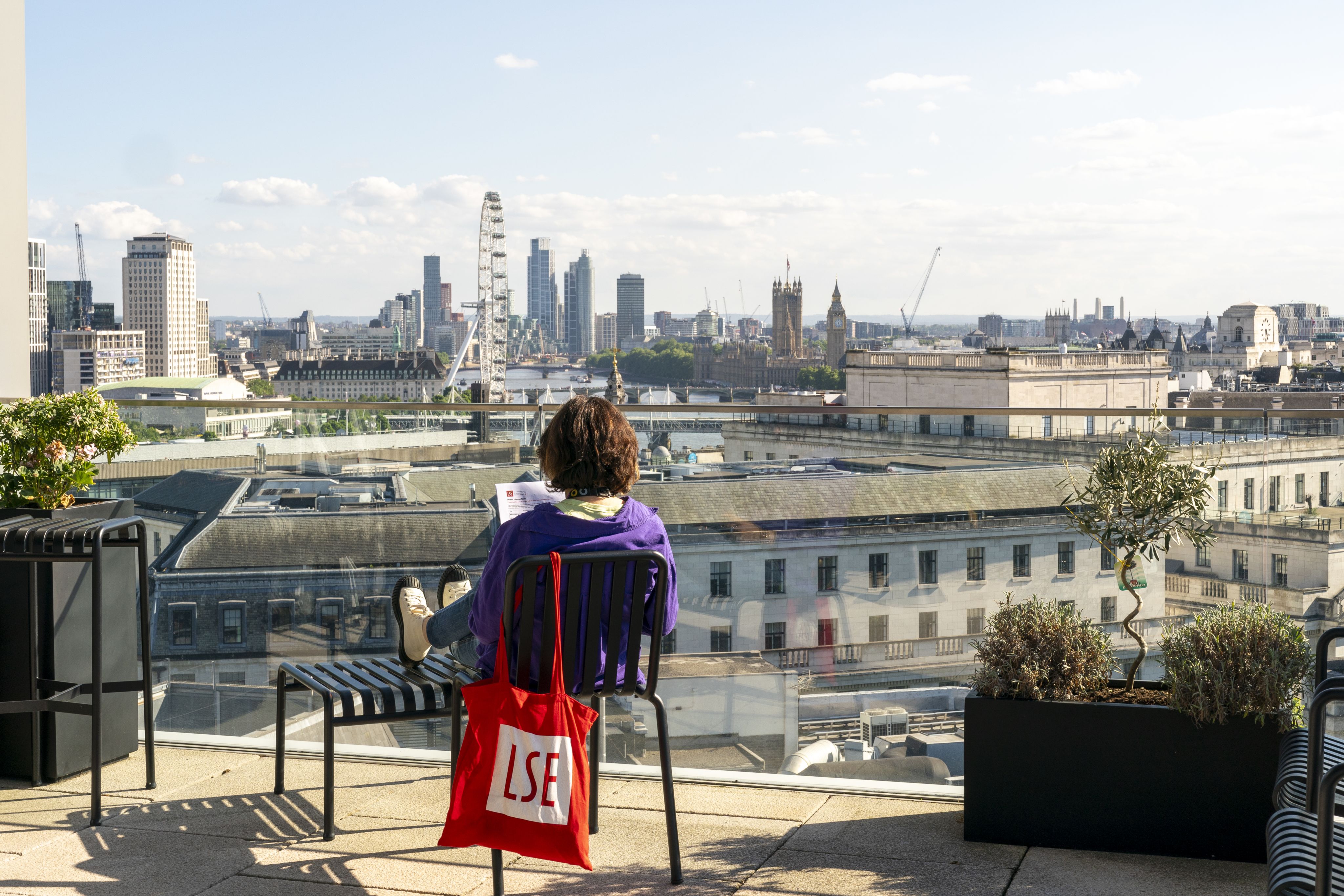
Find Out More
This report highlights some of the ways in which, thanks to your generosity, LSE is able to serve as a force for positive change in the world and in the lives of our students – but there’s still much more for us to achieve together.
Stay up to date on the progress of our Shaping the World Campaign and all the exciting things made possible at LSE by philanthropic and volunteer support by visiting shapingtheworld.lse.ac.uk.

